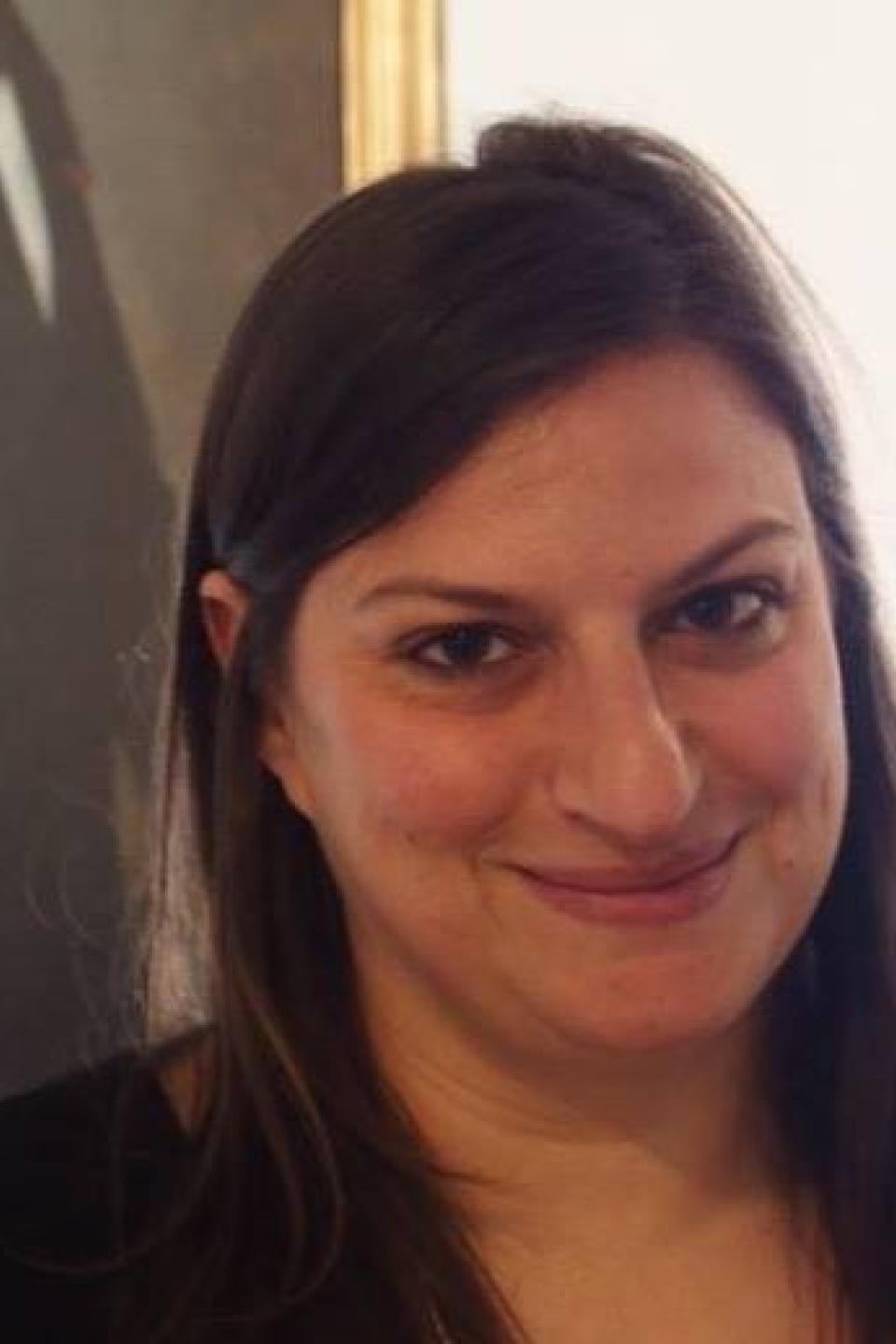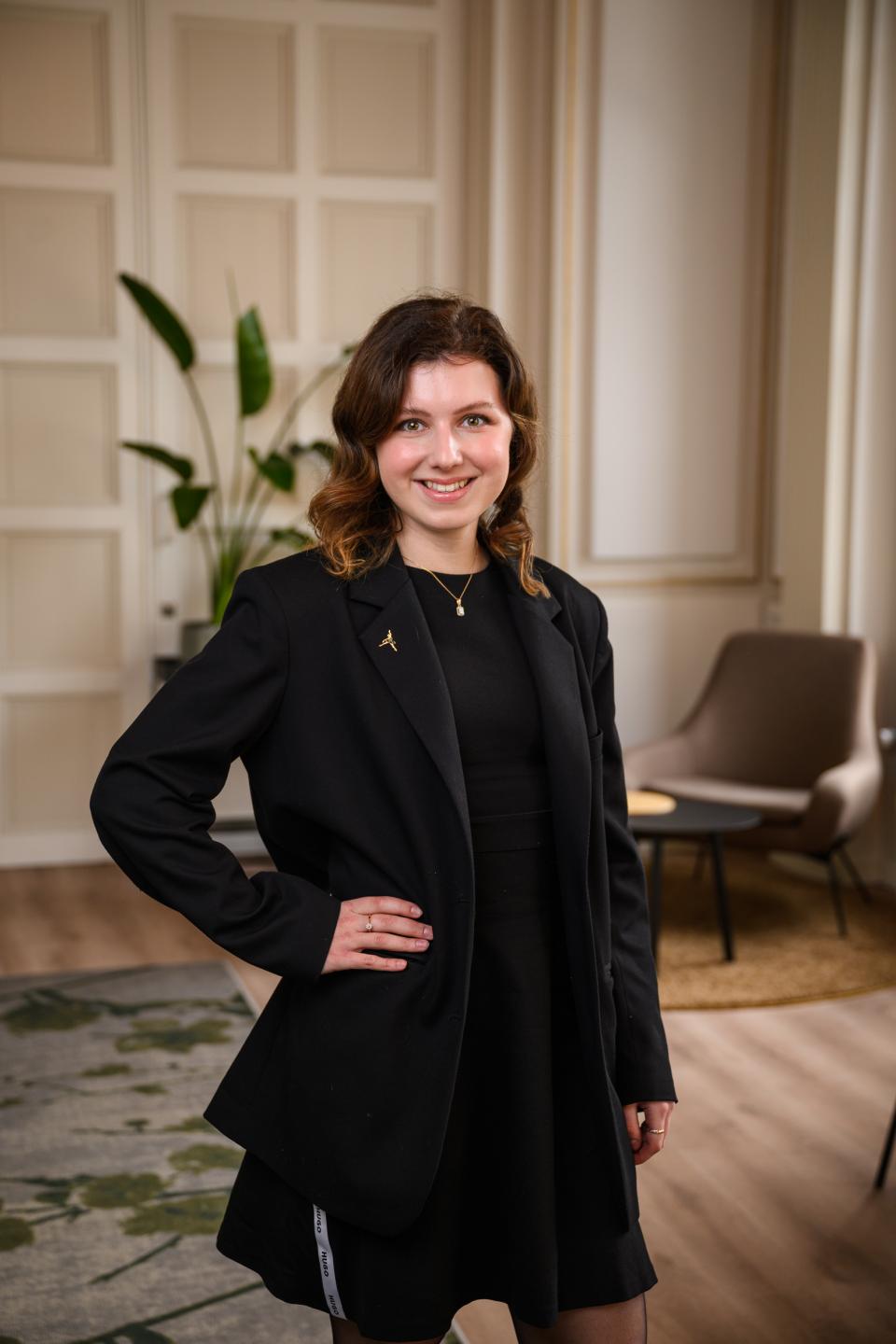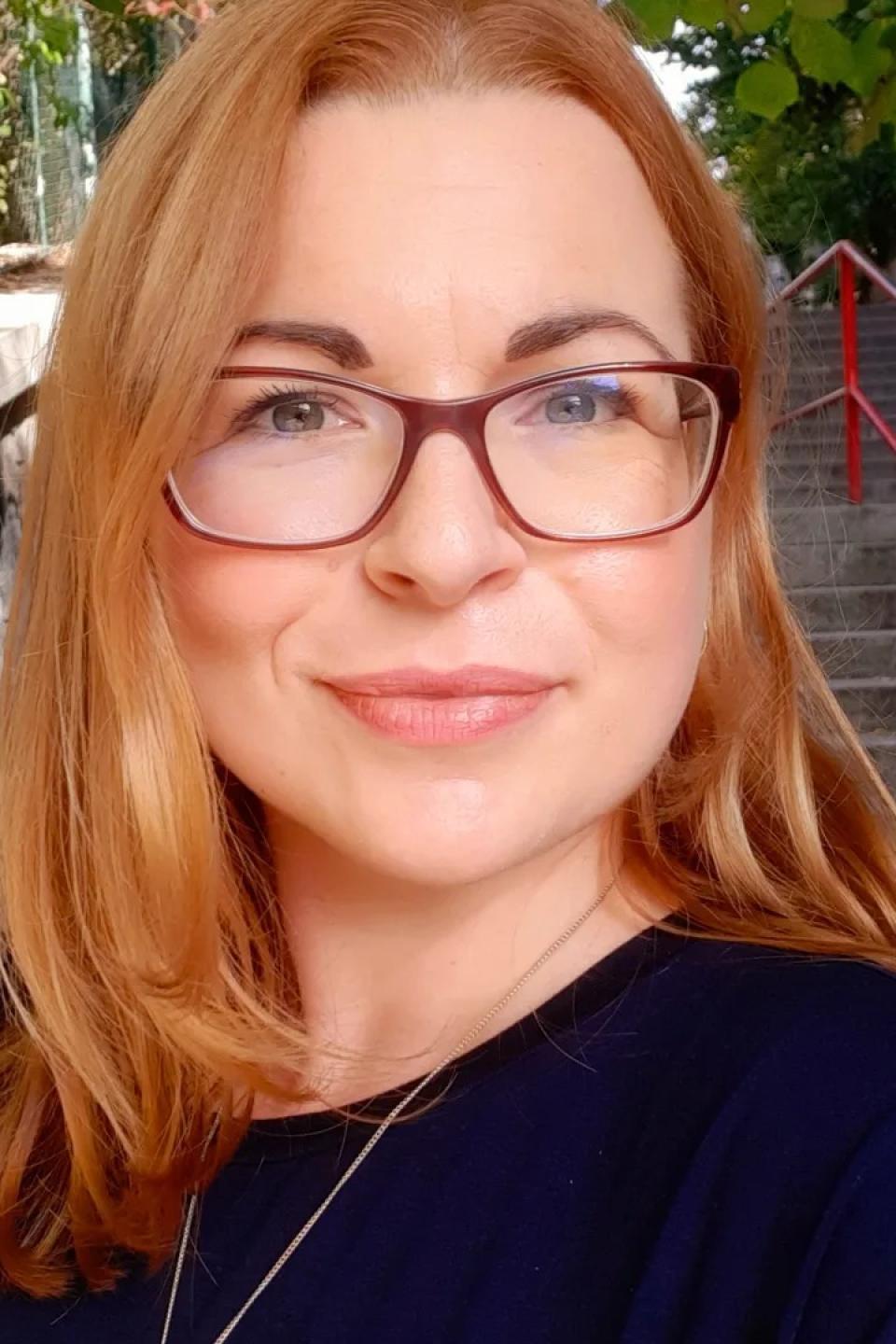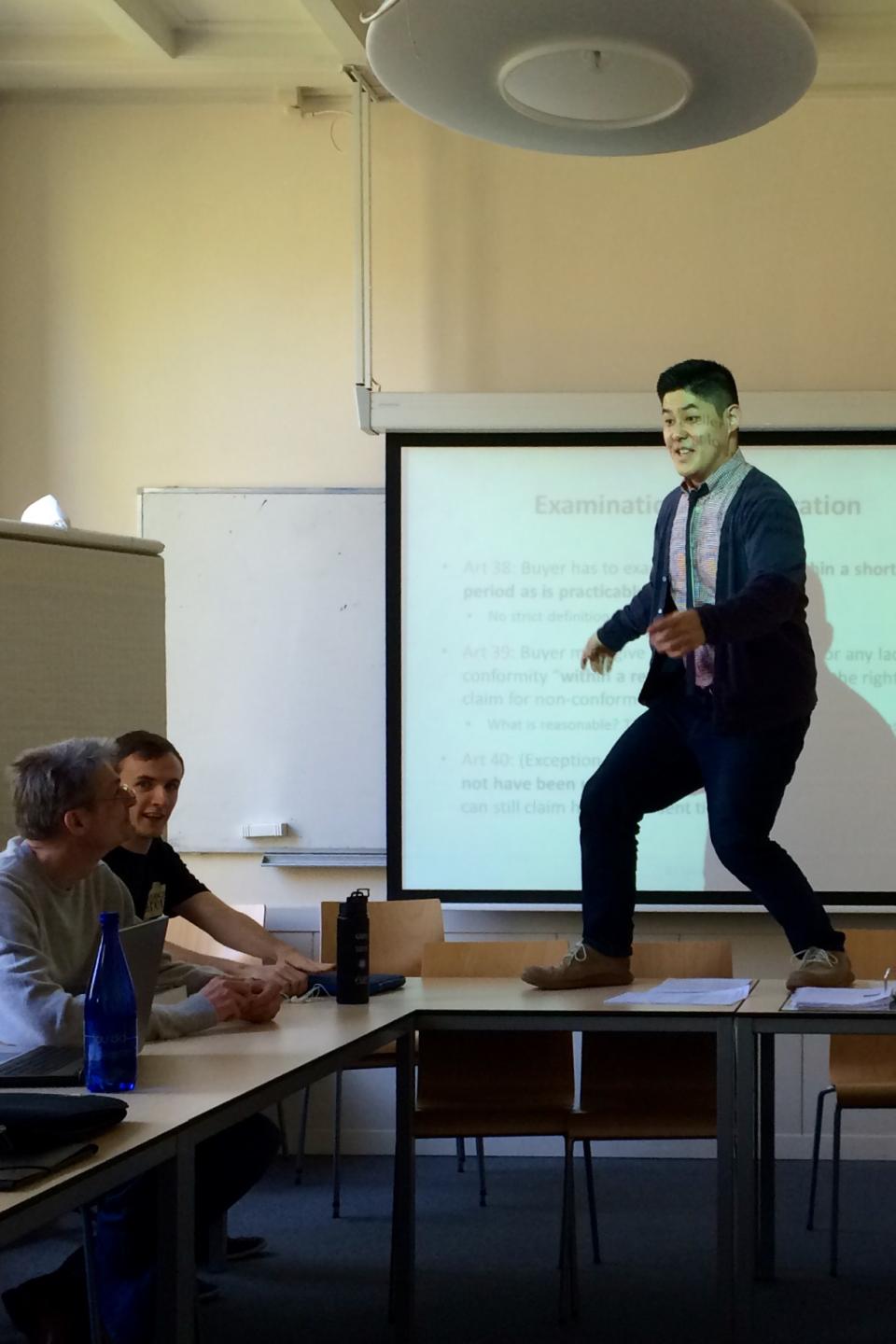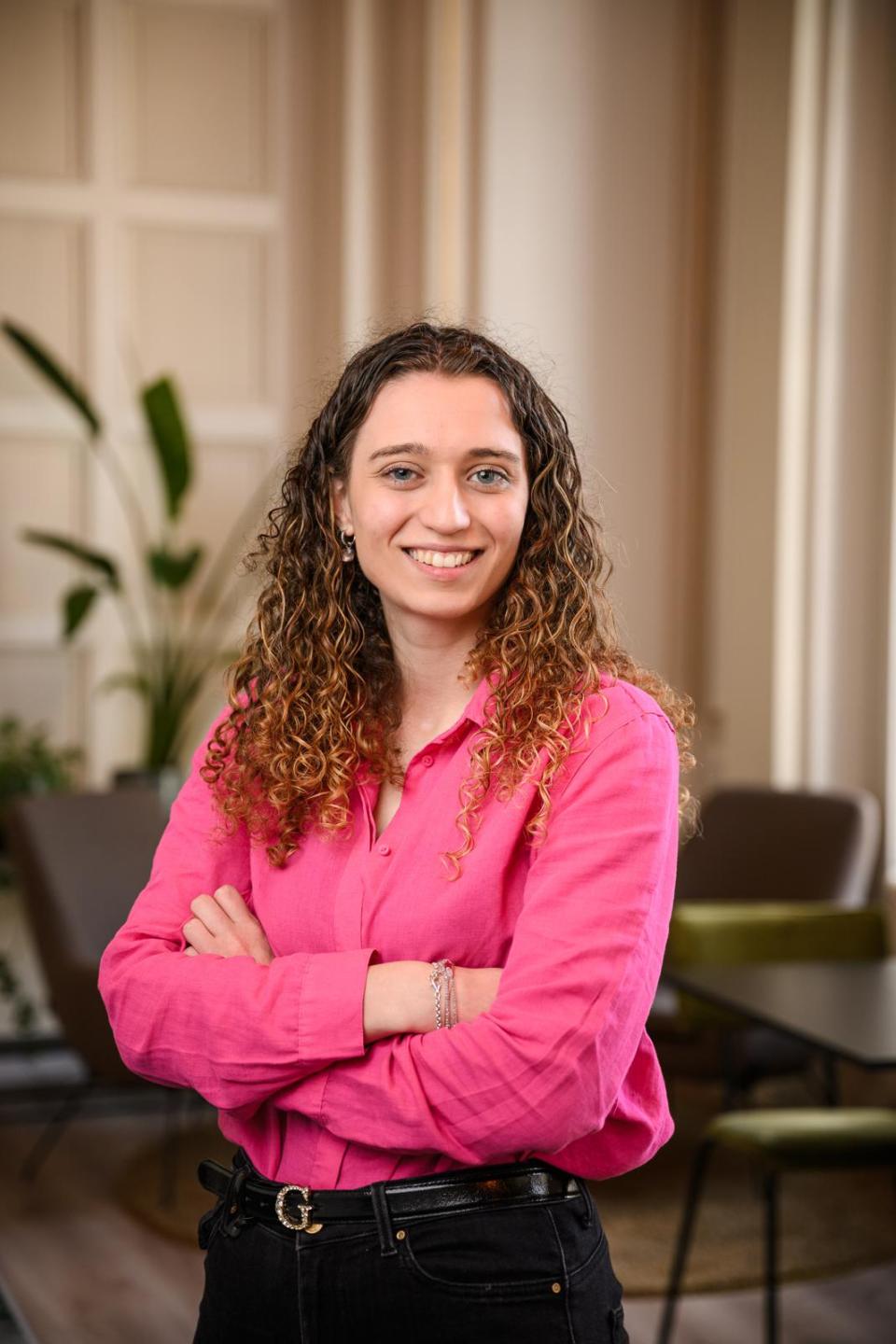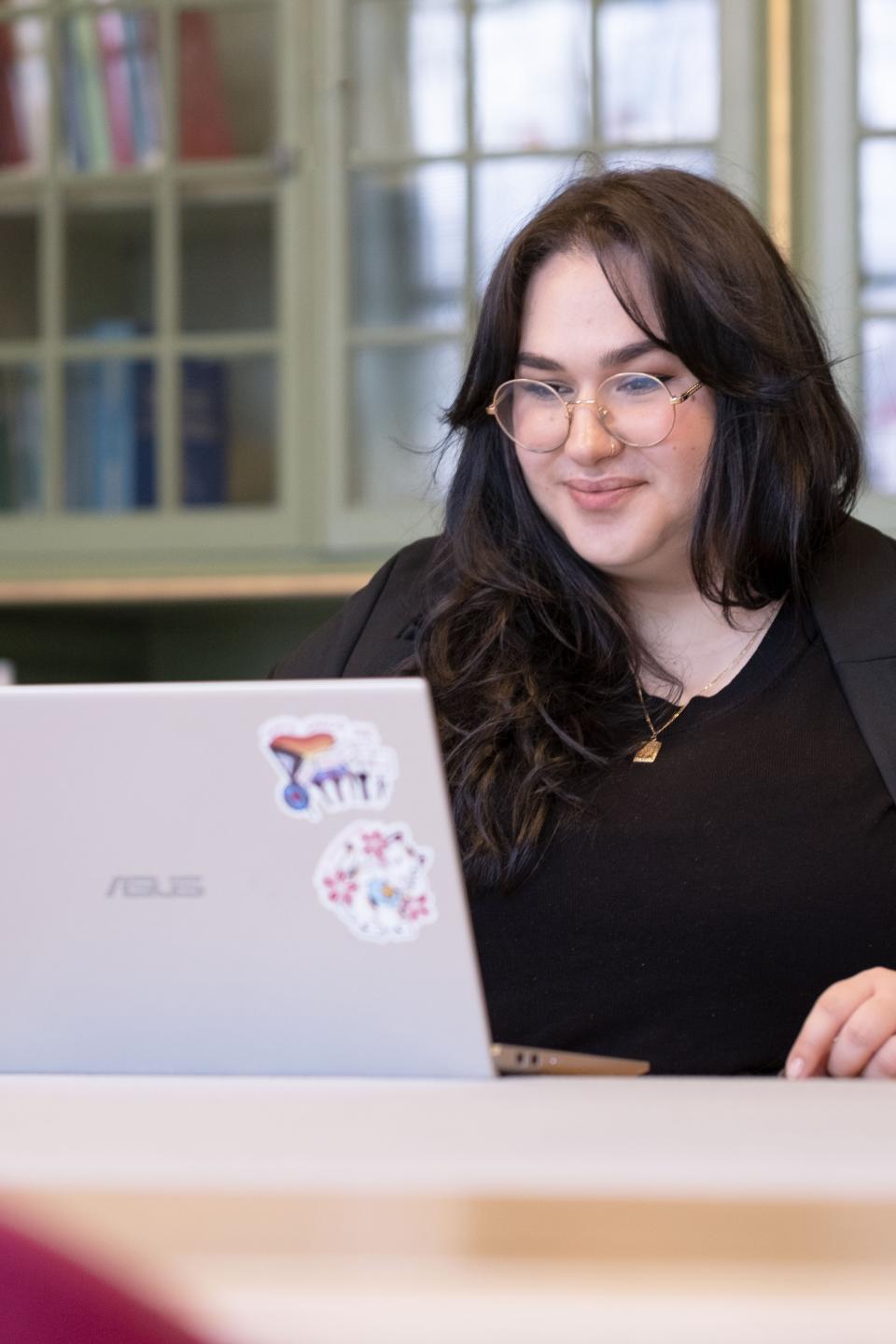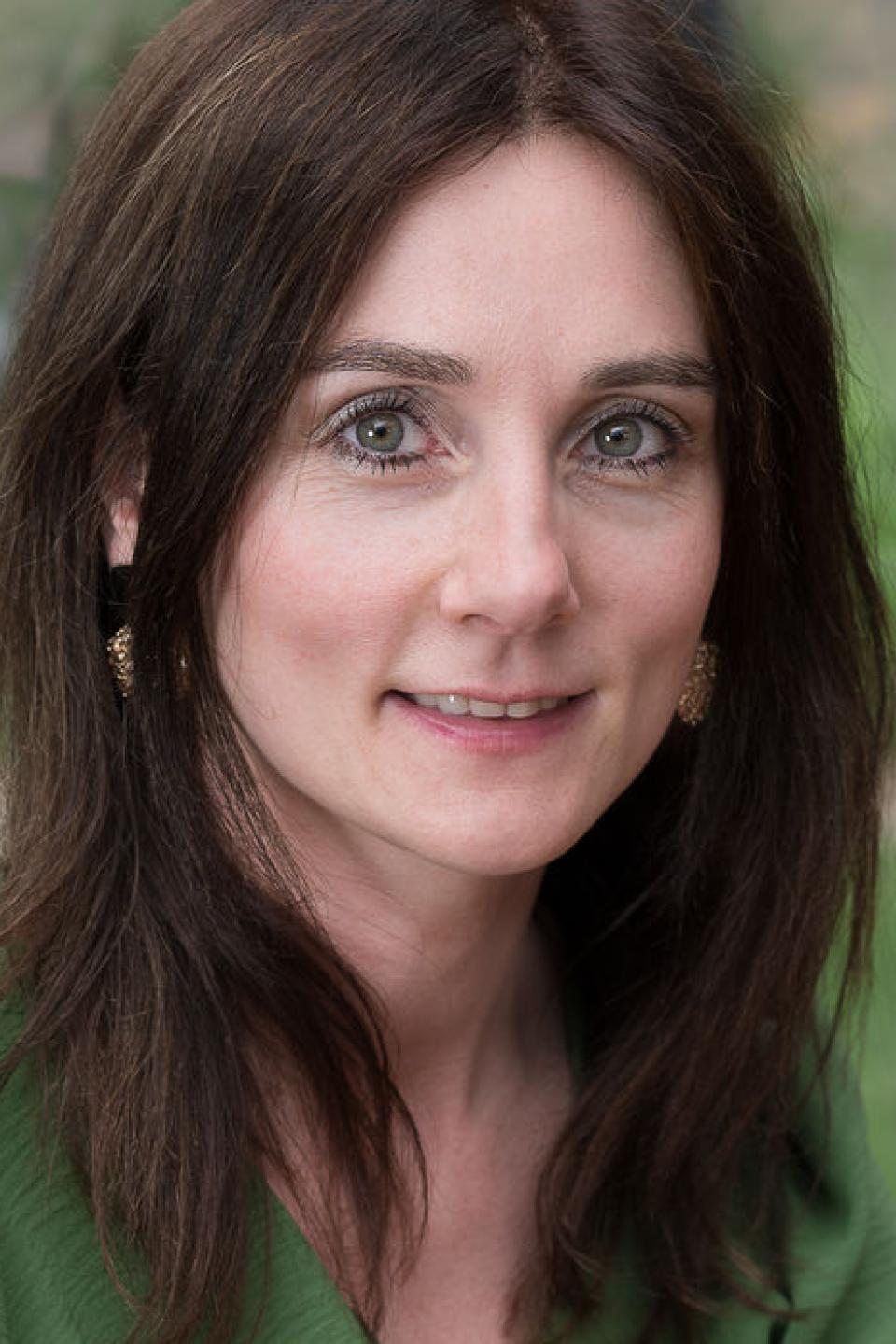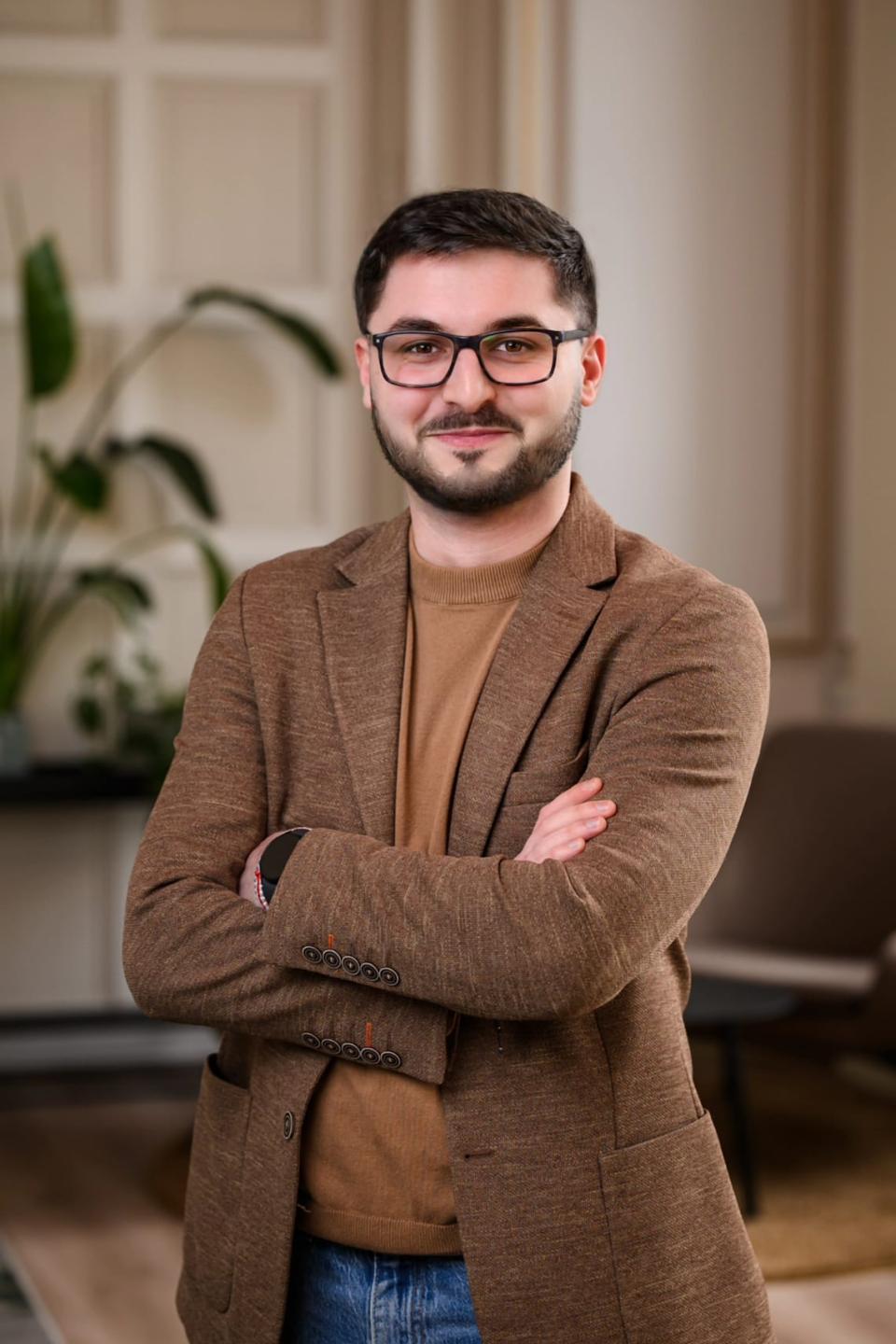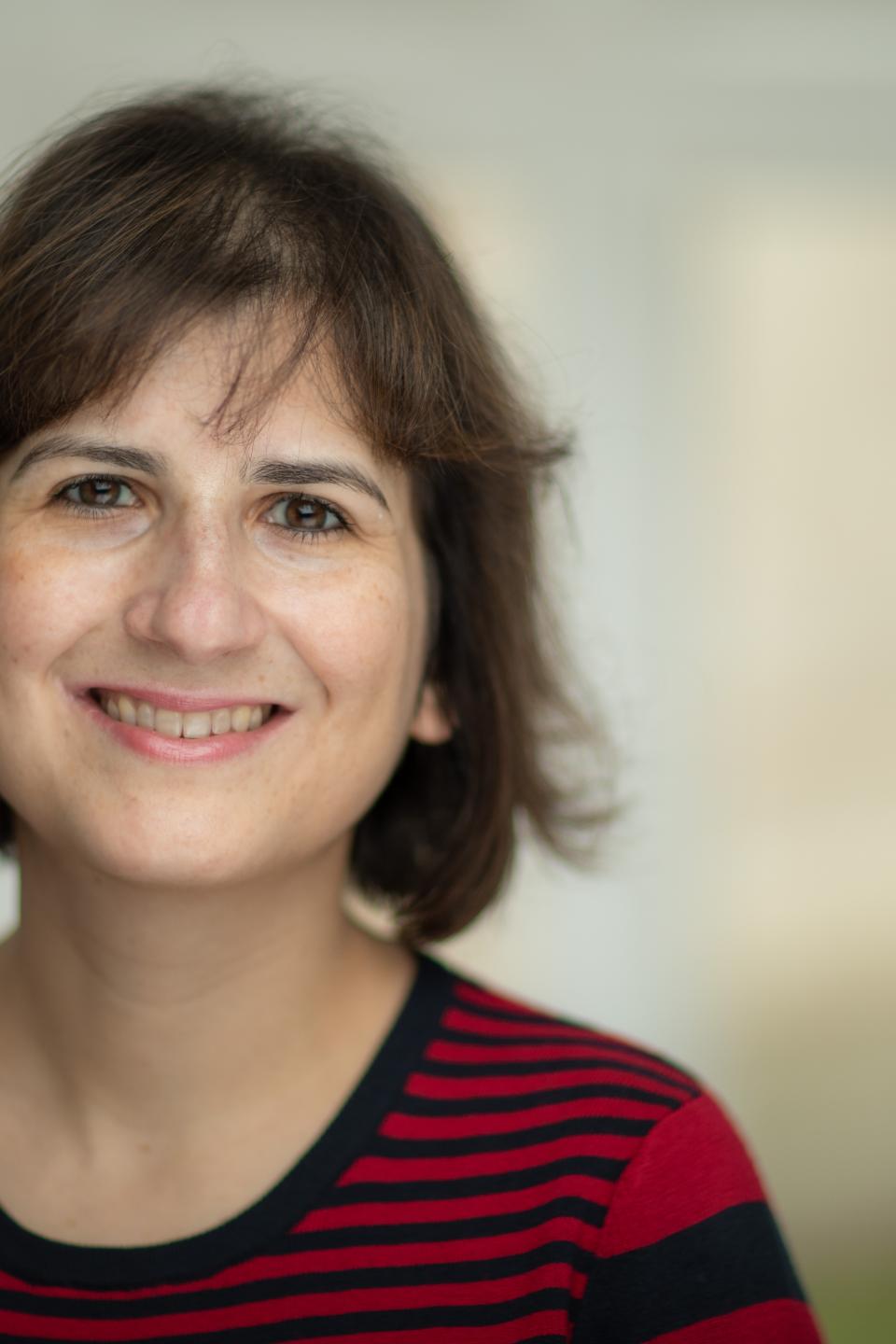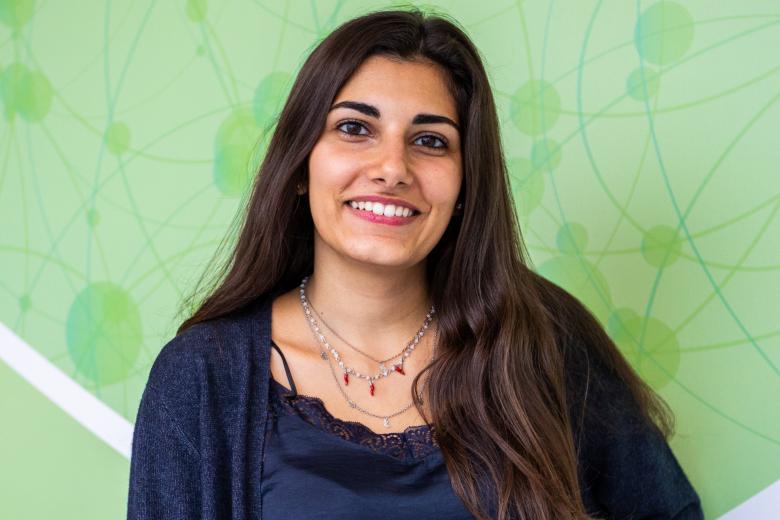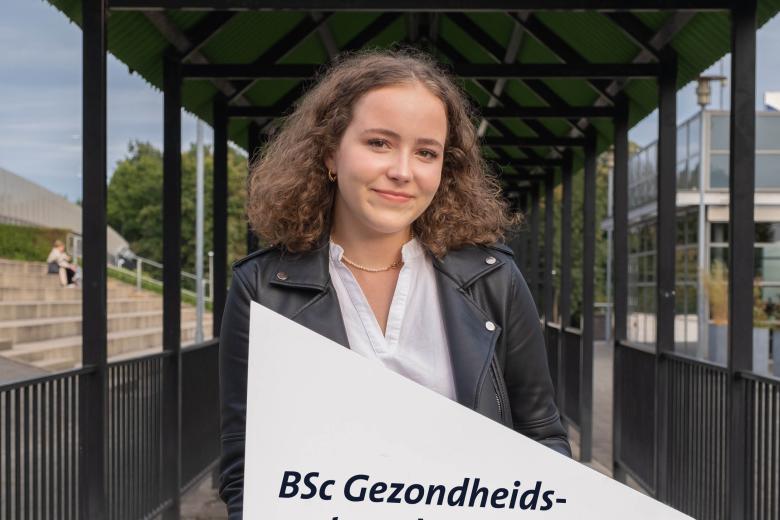With complexity in the level of governance, one should understand phenomena such as the phenomenon of global standards entering the EU legal system, the Free Trade Agreements concluded between the EU and several third countries, international treaties on tackling and preventing crime, the various mechanisms of cooperation between EU authorities and national authorities in the implementation of EU law, or the regulation of internet governance and data flows. Often, this form of complexity comes with a varying degree of transnationality, i.e. the capacity of a norm to be applied and/or enforced outside the territory of the authority which issued it.
Although the role of law in a globalizing society (from both a descriptive and normative standpoint) is regularly addressed in sub-areas of law (private law, criminal law, public law, social law, tax law, etc.), it has rarely been addressed from a more holistic perspective. What is indeed missing is an integrated analysis of this role, involving intensive collaboration by experts in each of the relevant sub-areas of law to provide insights and generate best practices which can be transferred from one area to the other.

Globalization & Law Network, which is composed of academics in various sub-areas of law, adopts a transdisciplinary approach, in which questions of legitimacy, the promotion of public interests by actors other than the state and effective judicial protection are examined in an ‘integrated’ fashion. This approach does not only provide fundamental knowledge about the changing role of law, but also examines whether, and if so, how law can play a role in reversing the negative consequences of globalization.

Complexity in the form of instruments can be seen both from the perspective of regulatory mechanisms which depart from traditional ‘command-and-control’ forms of governance towards ‘soft’ governance and market-based instruments, and from that of the progressive increase of regulatory setups combining different fields of law (private, administrative and criminal law) to achieve (global) policy goals, such as fair market competition, security or crime and harm prevention.
Complexity in the type of actors refers to mechanisms whereby regulatory tasks are (partially) delegated to third parties, as is the case with technical standards, civil and criminal justice functions, tasks linked harm reduction, risk management as well as harm and risk prevention, as well as code of conducts and other self-regulation mechanisms (such as certification).
The research questions of Globalization & Law Network
In order to analyse how globalization is challenging the potential of the law to regulate, protect and solve disputes, Globalization & Law Network departs from the observation that the process of globalization brings about a number of challenges in the legitimacy of decision-making processes, which are linked to 1) the level of governance (local, regional and international) in which policy-making and the implementation of norms taken place; 2) the forms of instruments of regulation which are being used; and 3) the type of actors involved in regulation.
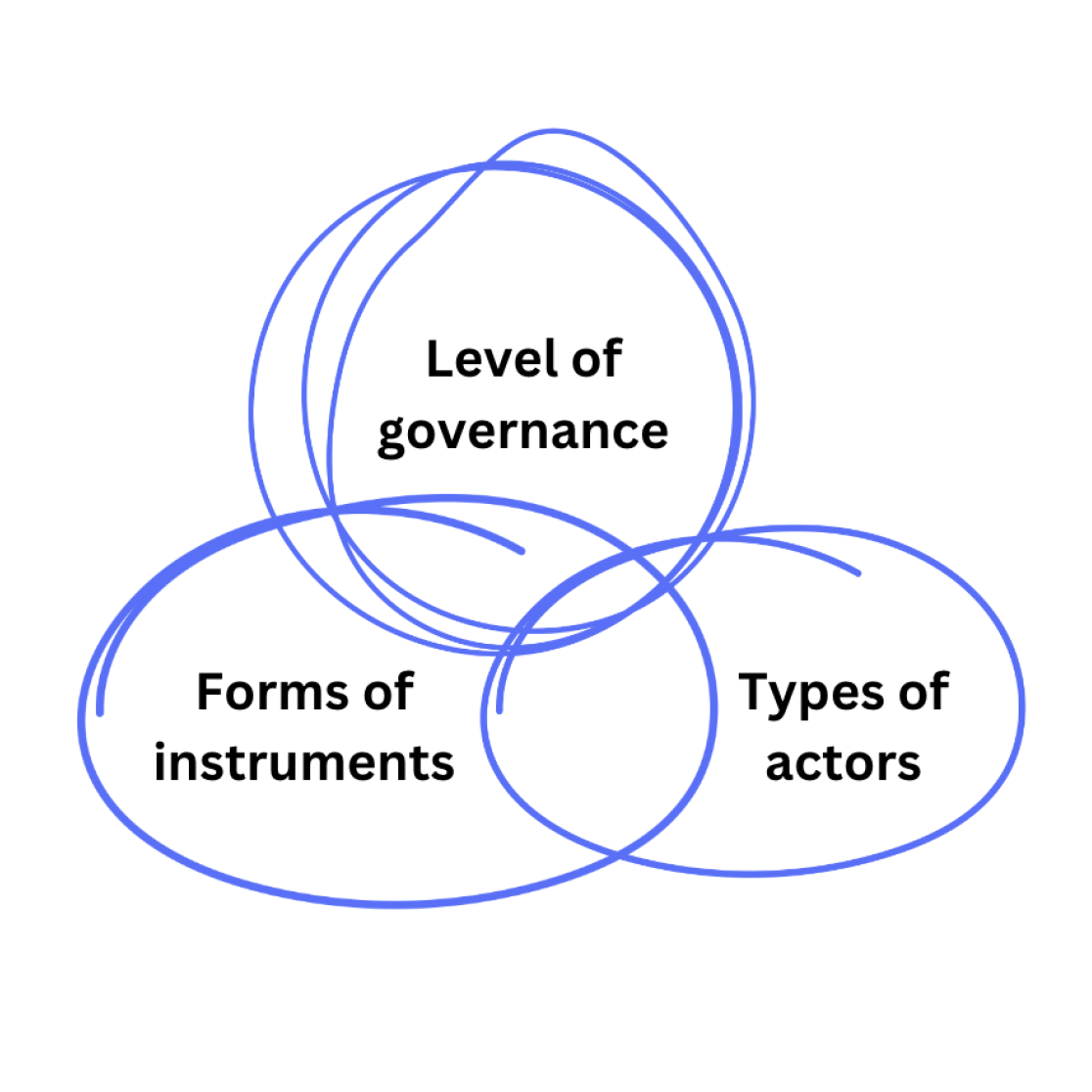
From this point of departure, Globalization & Law Network aims at tackling two overarching research questions:
1. Given the complexities in governance levels, instruments, and actors, how can and should a sufficient degree of legitimacy in regulation be ensured?
The research conducted to answer this research question examines the possible need to re-think the traditional notion of legitimacy, and thereby, the corresponding justifications for state intervention due to the need to tackle (global) risks. Under this first research, relevant issues that are analysed are, for example, what procedural guarantees should soft law-making respect or to which requirements and conditions should private parties (such as global regulators) adhere when they exercise public functions, e.g. in terms of transparency and representativeness, but also how different legal principles are able to tackle the challenges of globalization and how the action of private actors can be best controlled. Research is furthermore conducted into the legitimacy of specific regulatory instruments, such as mutual recognition and regulatory cooperation between the EU and third countries (and the role civil society plays therein), and the use of conditionality and soft tools (such as CRS codes) to achieve regulatory goals.

2. Given the complexities in governance levels, instruments, and actors, how can and should a sufficient degree of judicial protection and conflict resolution be ensured?
The research carried out under this research question will lead to a discussion of the possible need to re-think the division of competences between EU and national courts, and between domestic courts themselves, as well as of the forms of control which the courts are able and should exercise to control the actions of private parties when they exercise public functions. Relevant sub-questions are, for example, how private parties get into the reach of law when they operate globally, how checks and balances can be imposed on private actors and agencies that carry out and/or coordinate crime control and risk management functions, what role there is for European and national fundamental rights, or the extent to which codes of conduct and self-regulation mechanisms can be considered enforceable.
Furthermore, under this research question, a relevant question is how courts (or other review bodies) deal and ought to deal with increasingly (technically and scientifically) complex decisions. In this context, sub-questions are, amongst others, what the role of science in court is, whether courts have sufficient access to expert knowledge, what the correct standard of review in these cases is. Another – related – question is the evolving role of the principle of effective judicial protection in EU law and its application by national and European courts.
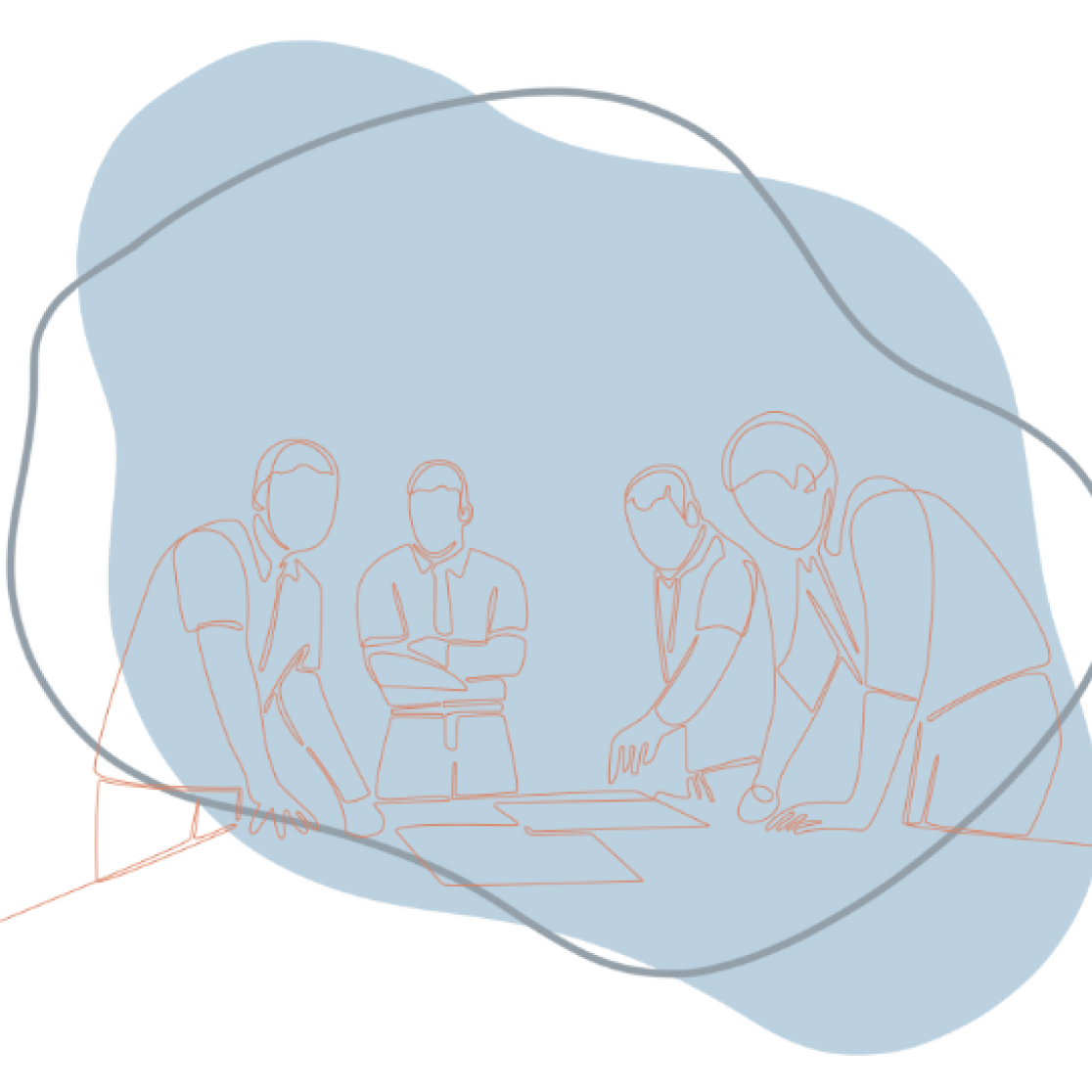
In addition to specific research projects addressing these two overarching research questions, further dedicated research projects are set up to explicate the ontological and epistemological substratum on which the main research questions are premised. Thus, while the general assumption of both research questions is that law may provide answers to the challenges posed by globalization, this is only one side of the coin and the law's constitutive role in enabling, facilitating or even promoting globalization must also be identified. Secondly, the research questions are premised on the understanding that globalization results in certain complexities. This underscores the need to be able to conceptualize these complexities in order to identify them and to distinguish relevant from less relevant complexities. Finally, since both research questions refer to the notion of actorness, it is also necessary to conceptualize this notion and to operationalize it for the purpose of the sector plan.

Coordinators of the Globalisation & Law Network
Members of the Globalisation & Law Network
V.S. Azizi
Privaatrecht
M. Bonelli
European Law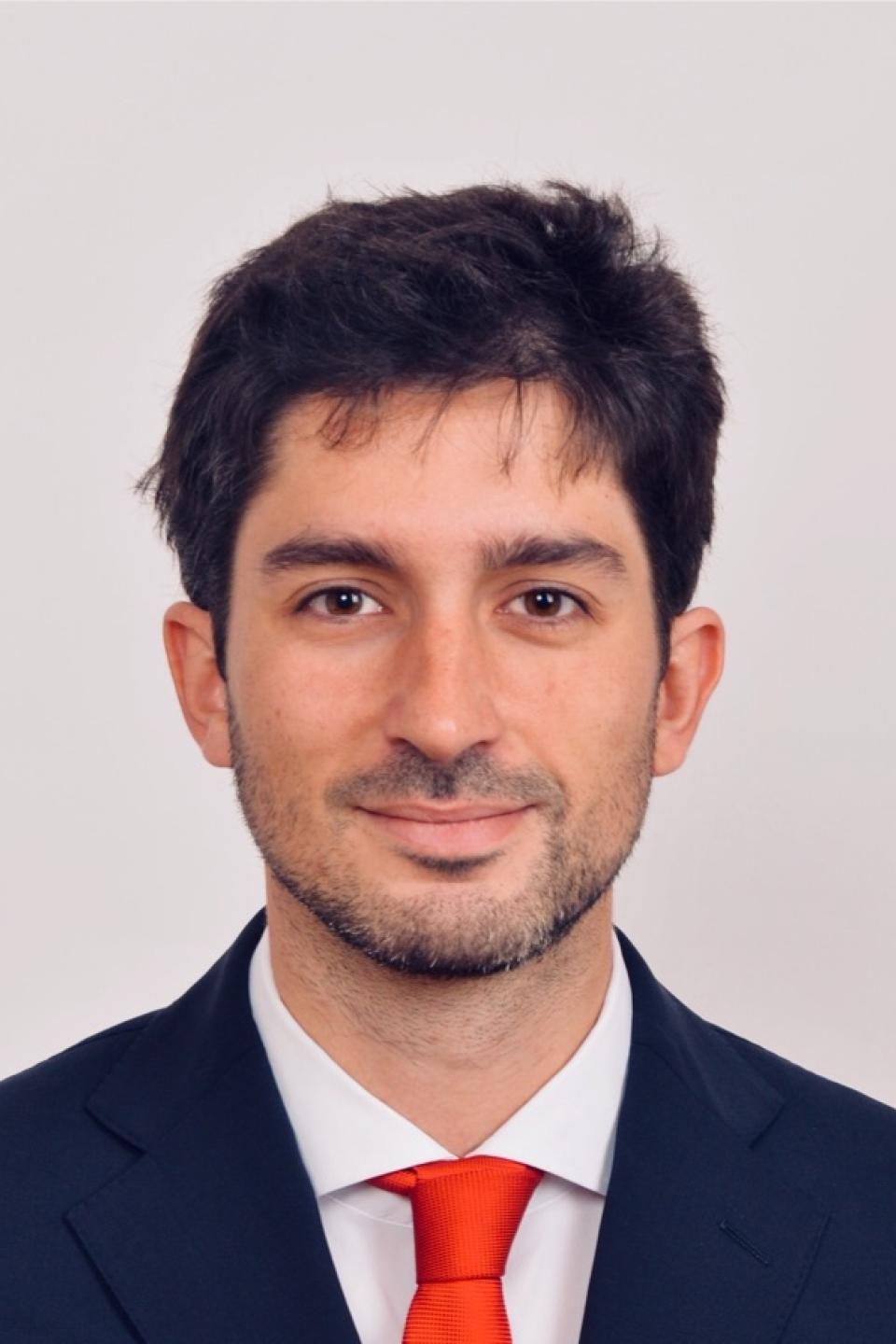
E.S. Börjedal
European Law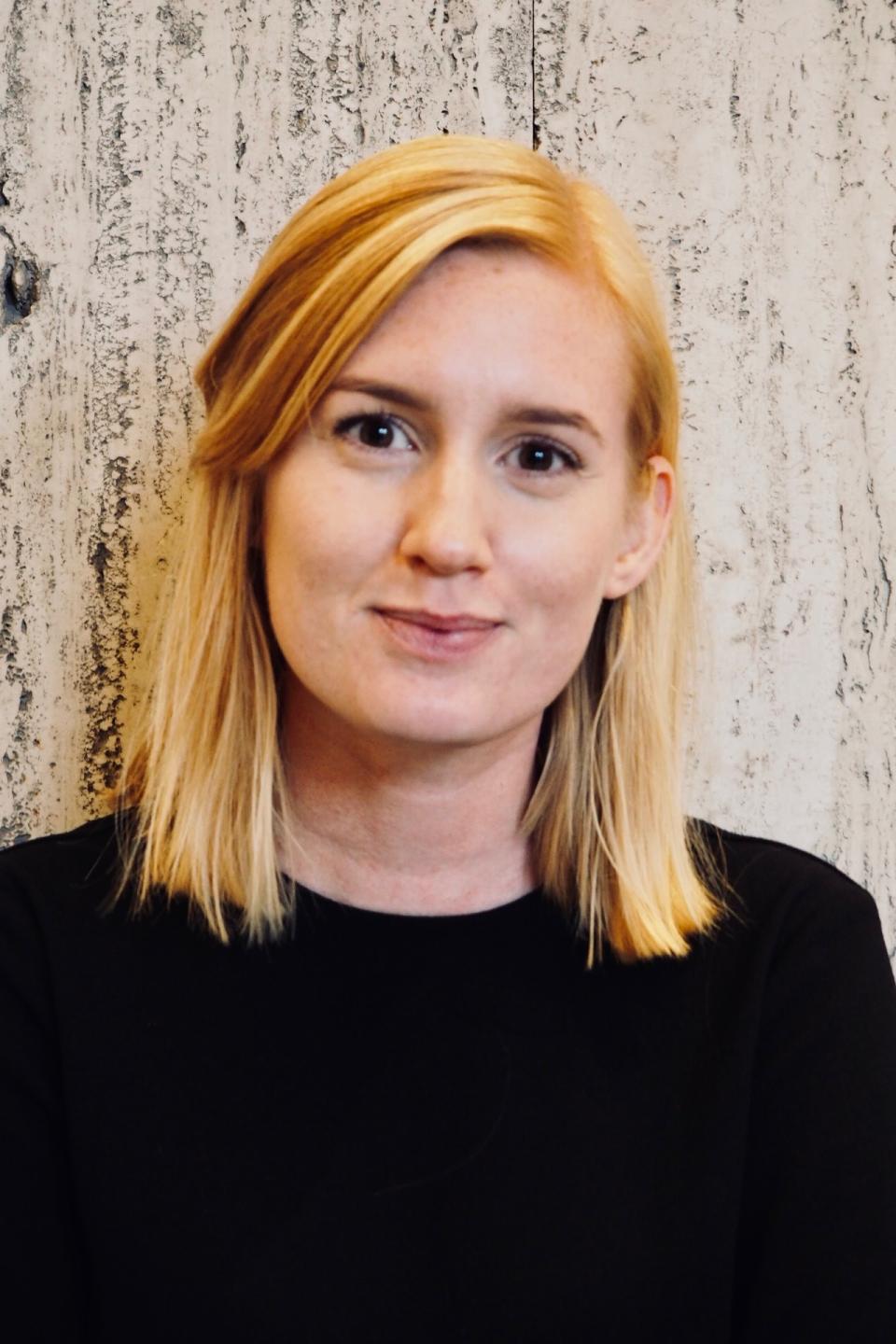
C.M. Colombo
Publiekrecht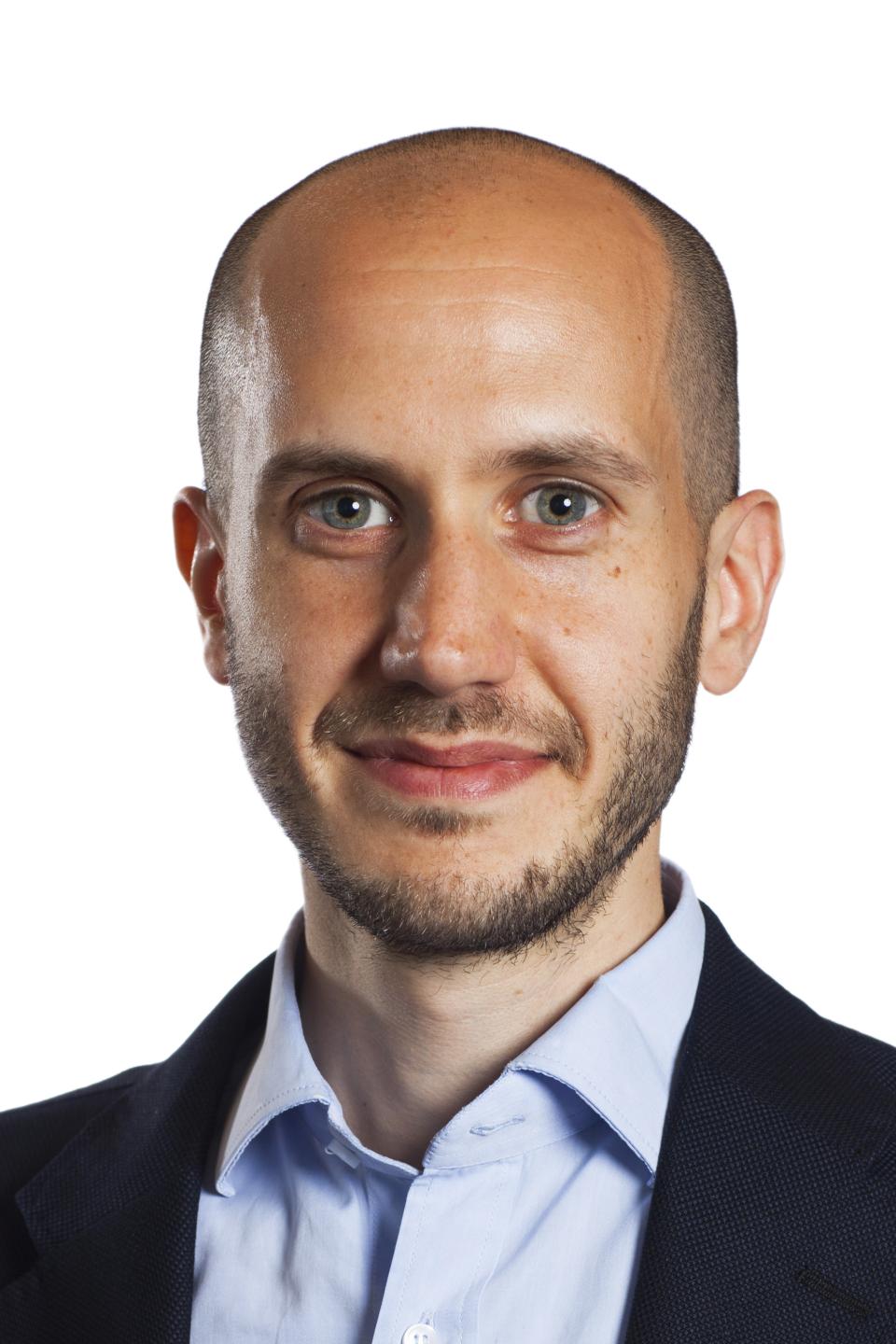
E. Couperus
Grondslagen en methoden van het recht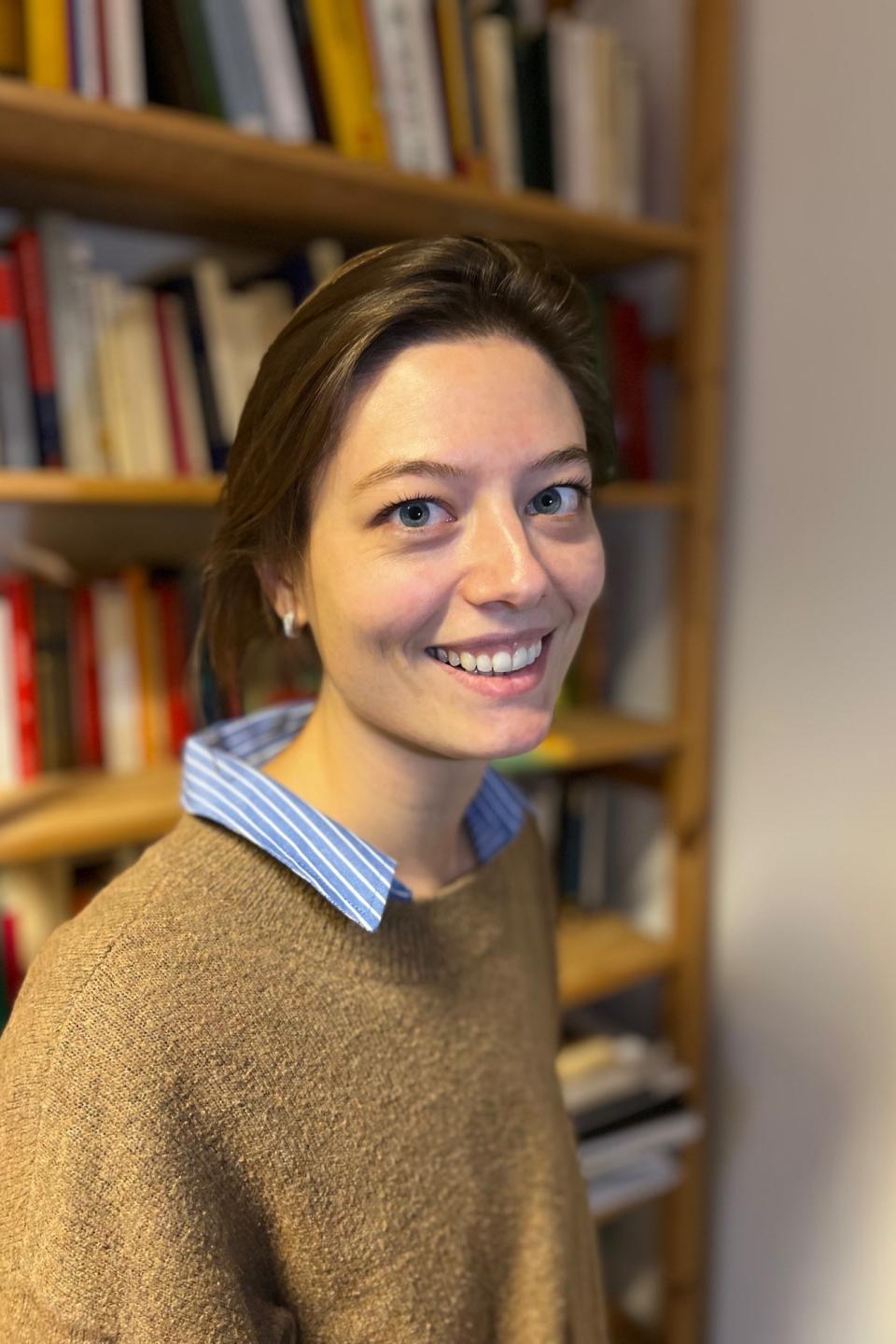
A. de Leo
European Law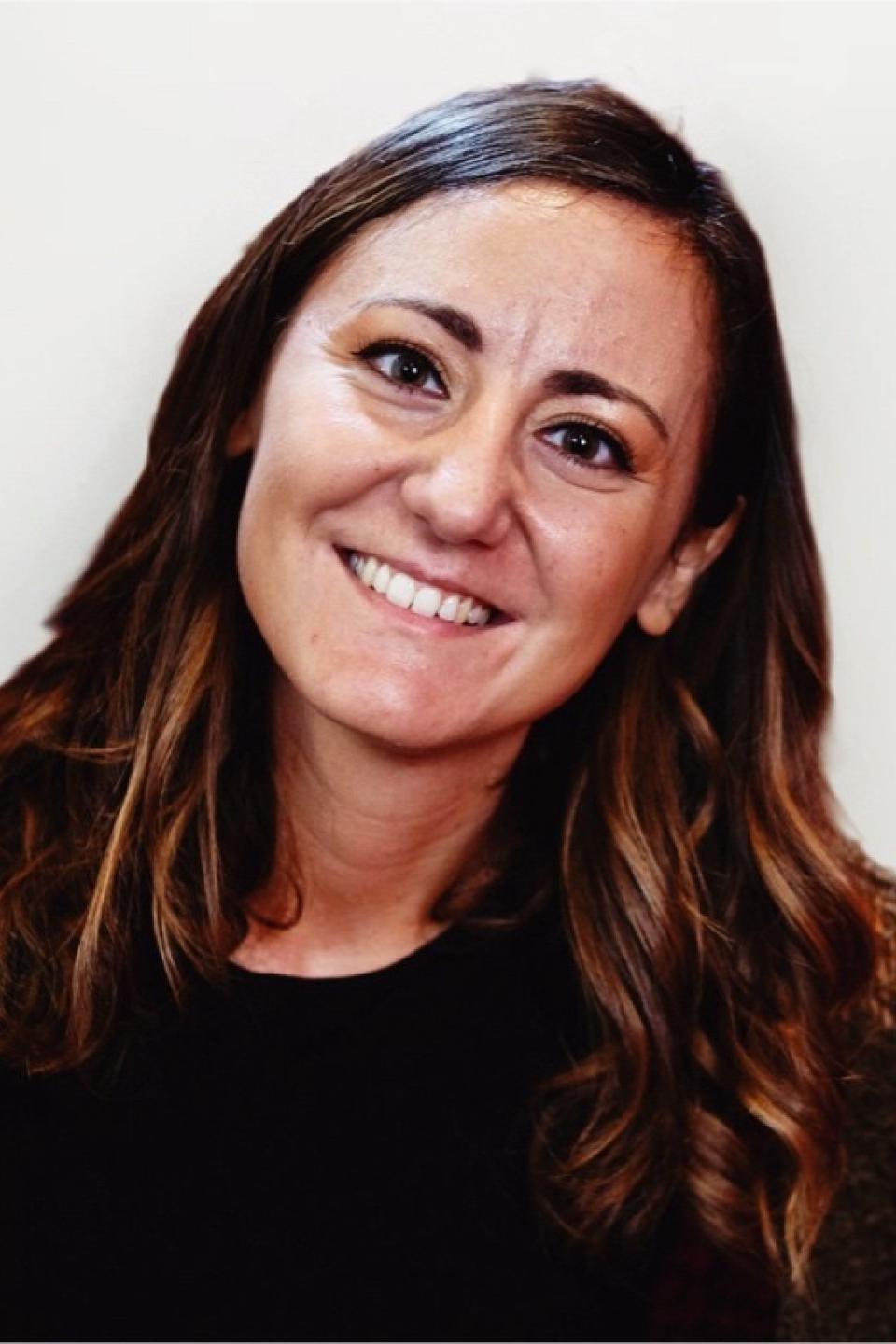
L. Díez Sánchez
European Law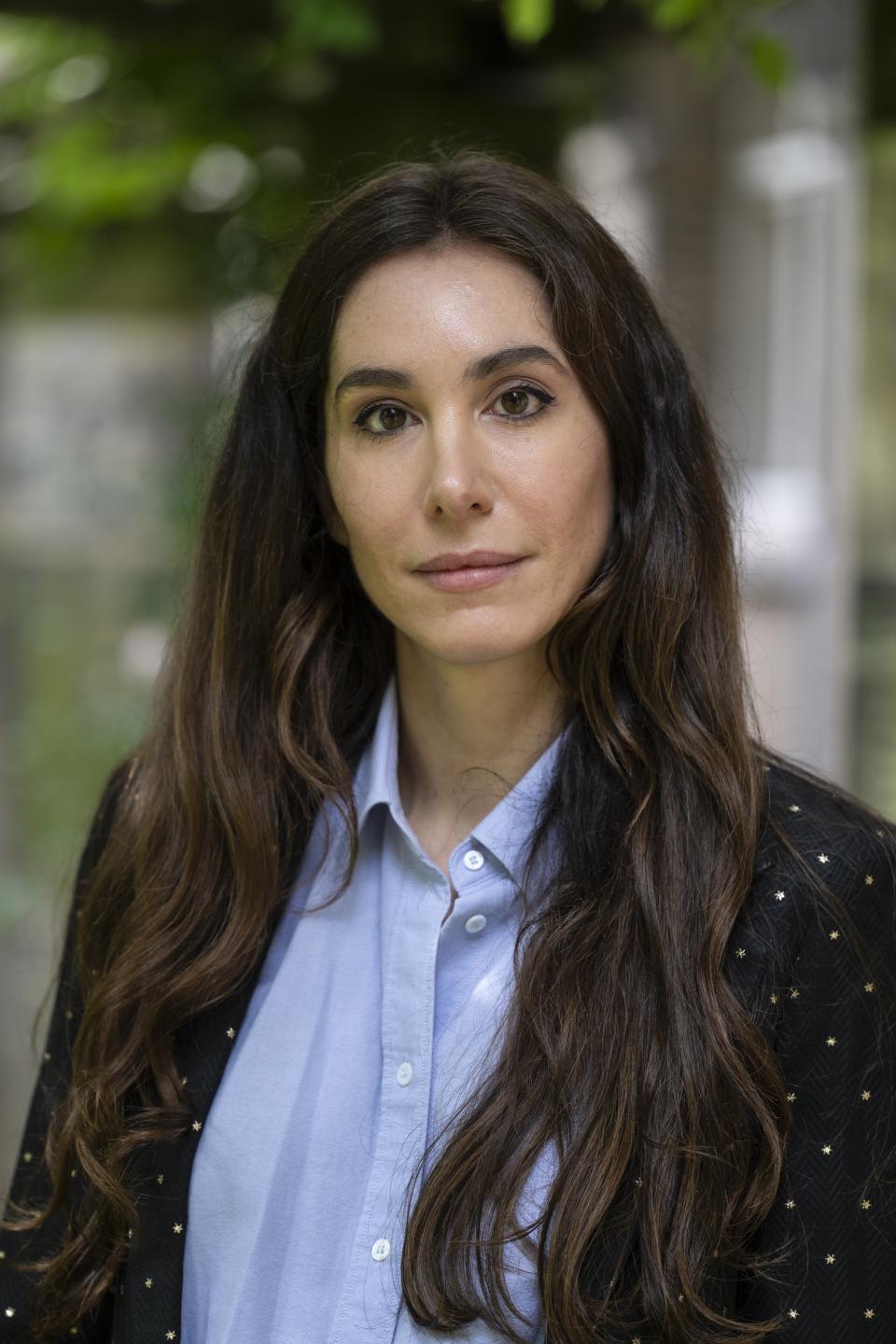
L. Dziedzic
Grondslagen en methoden van het recht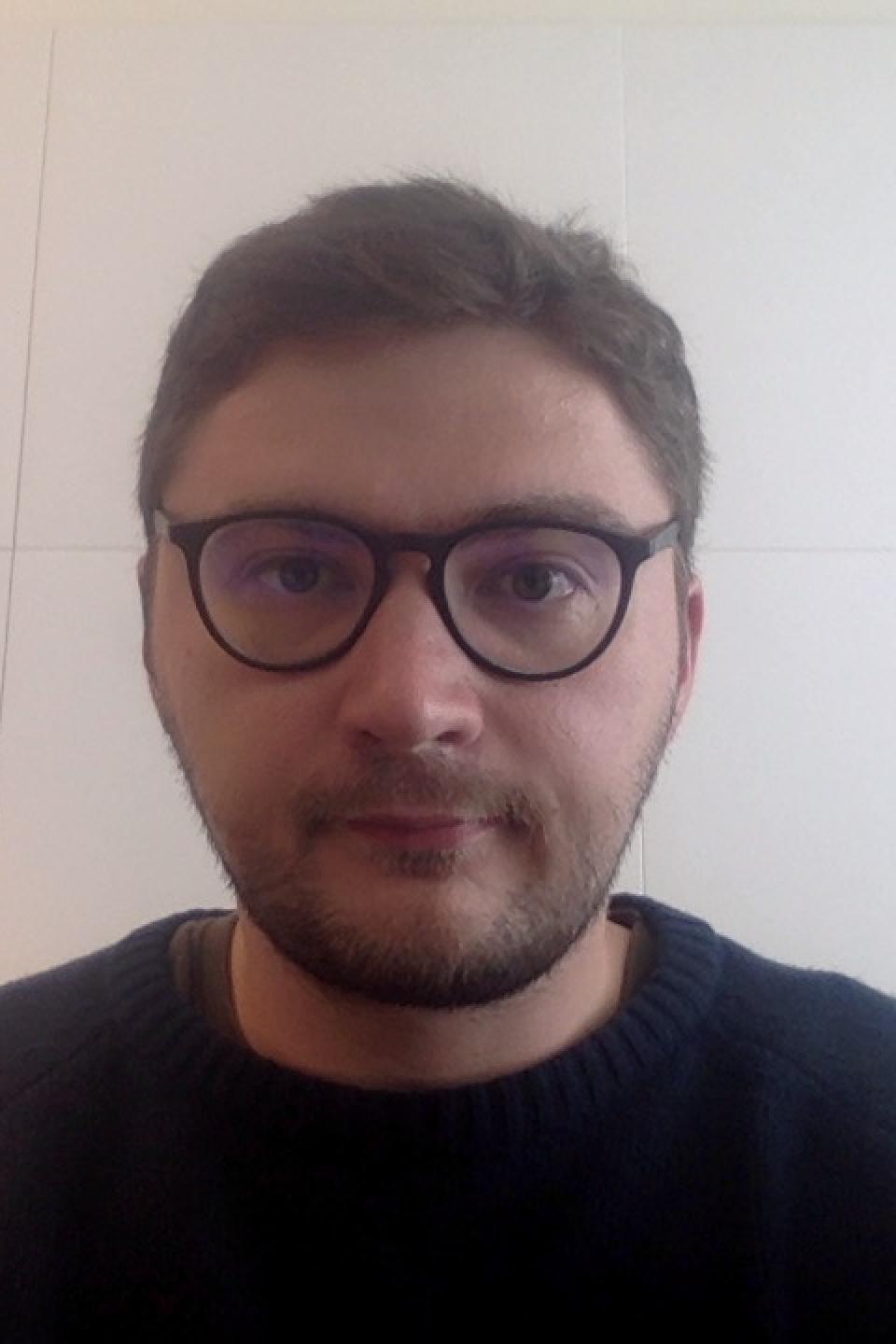
C.M. Eggett
International Law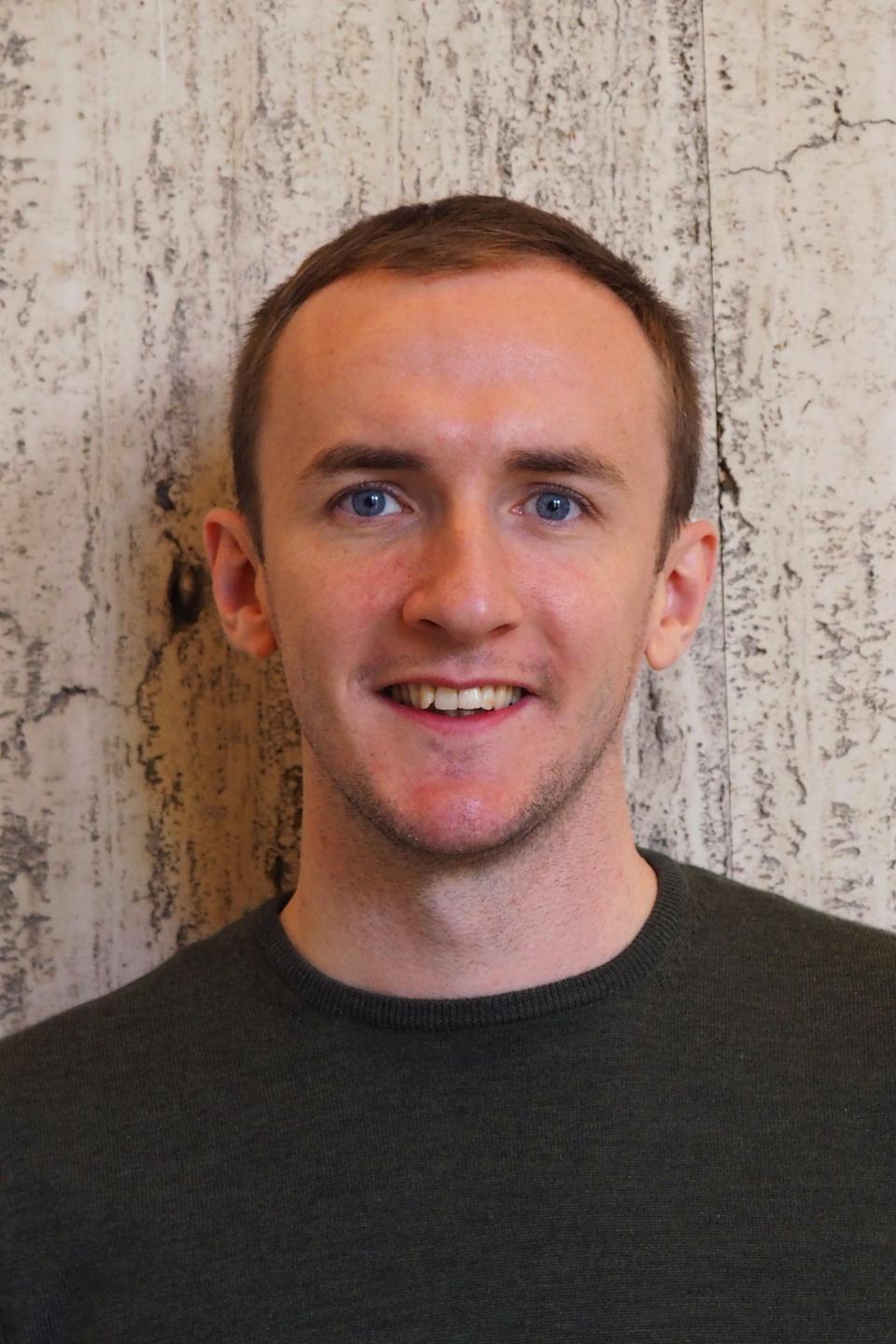
A.S. Galand
International Law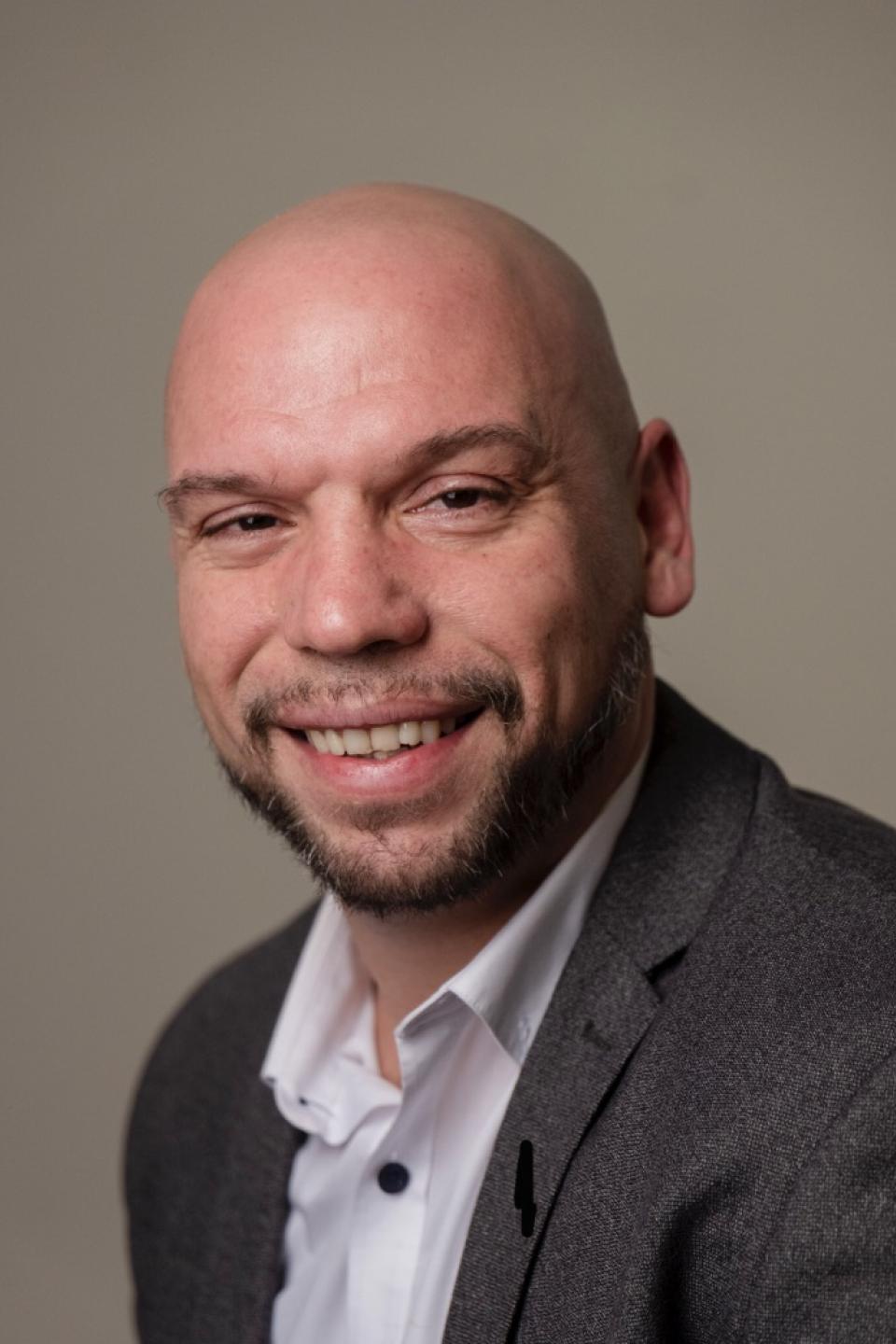
M. Garcia-Salmones Rovira
Grondslagen en methoden van het recht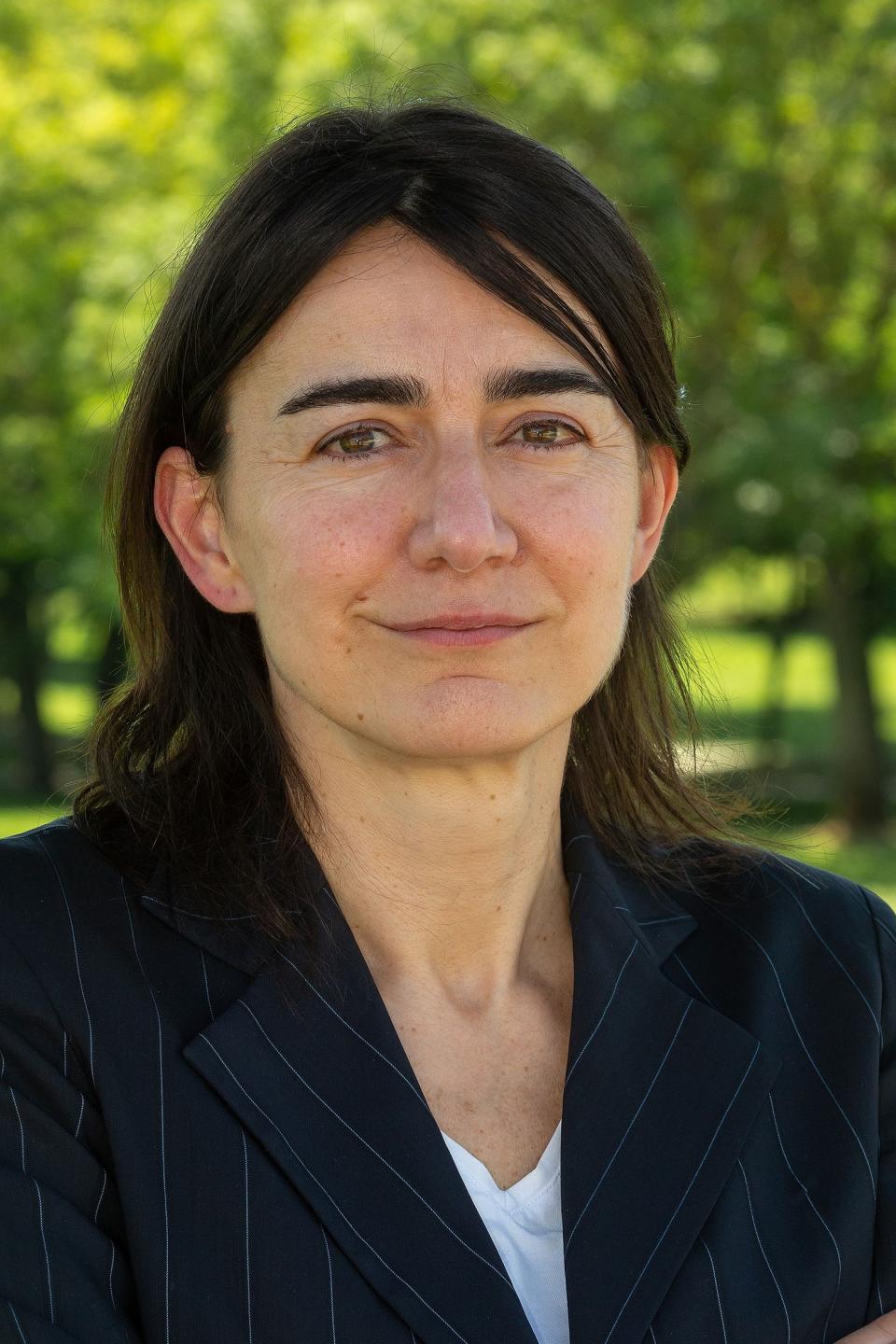
M.B. Gracia
International Law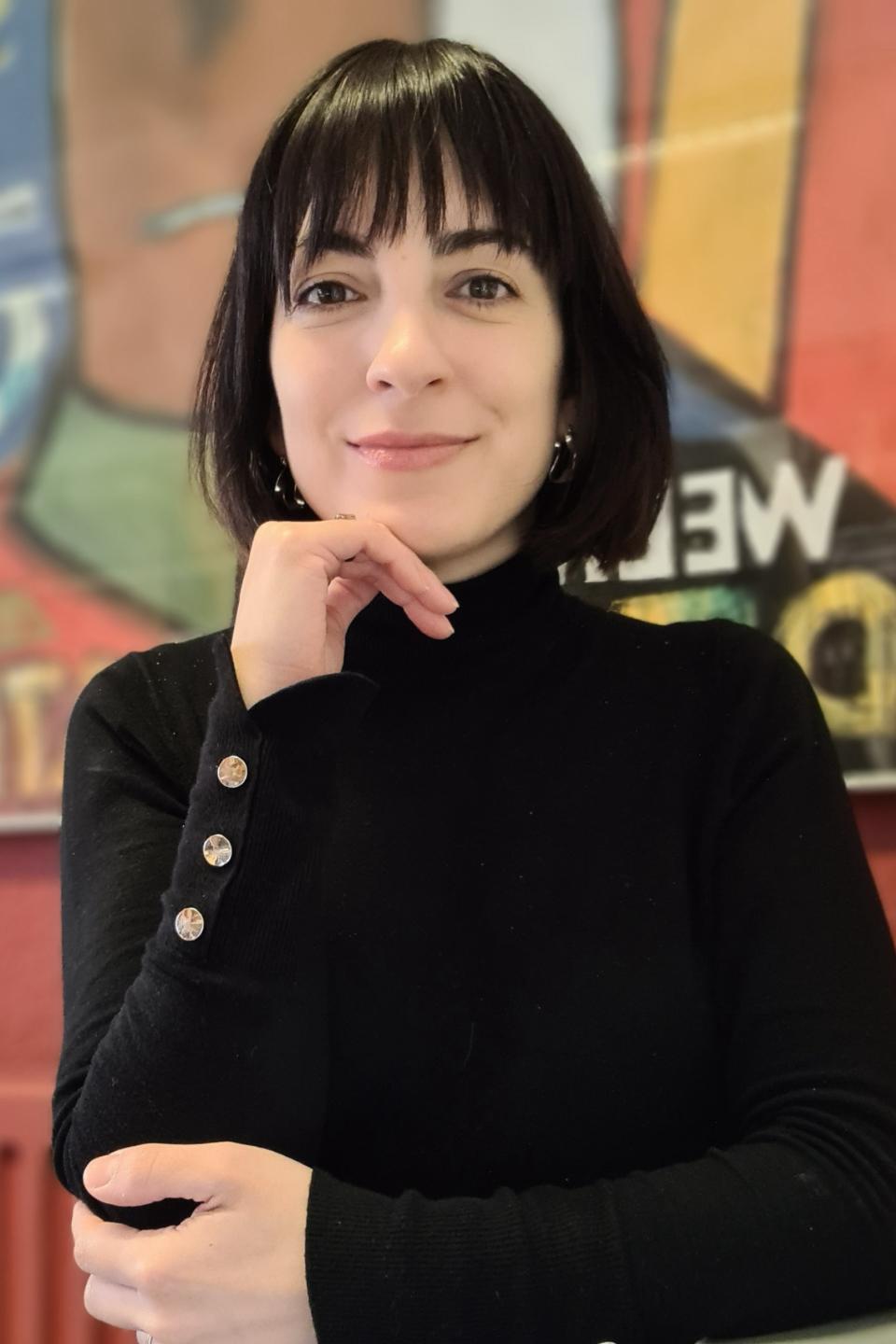
S. Imamovic
Publiekrecht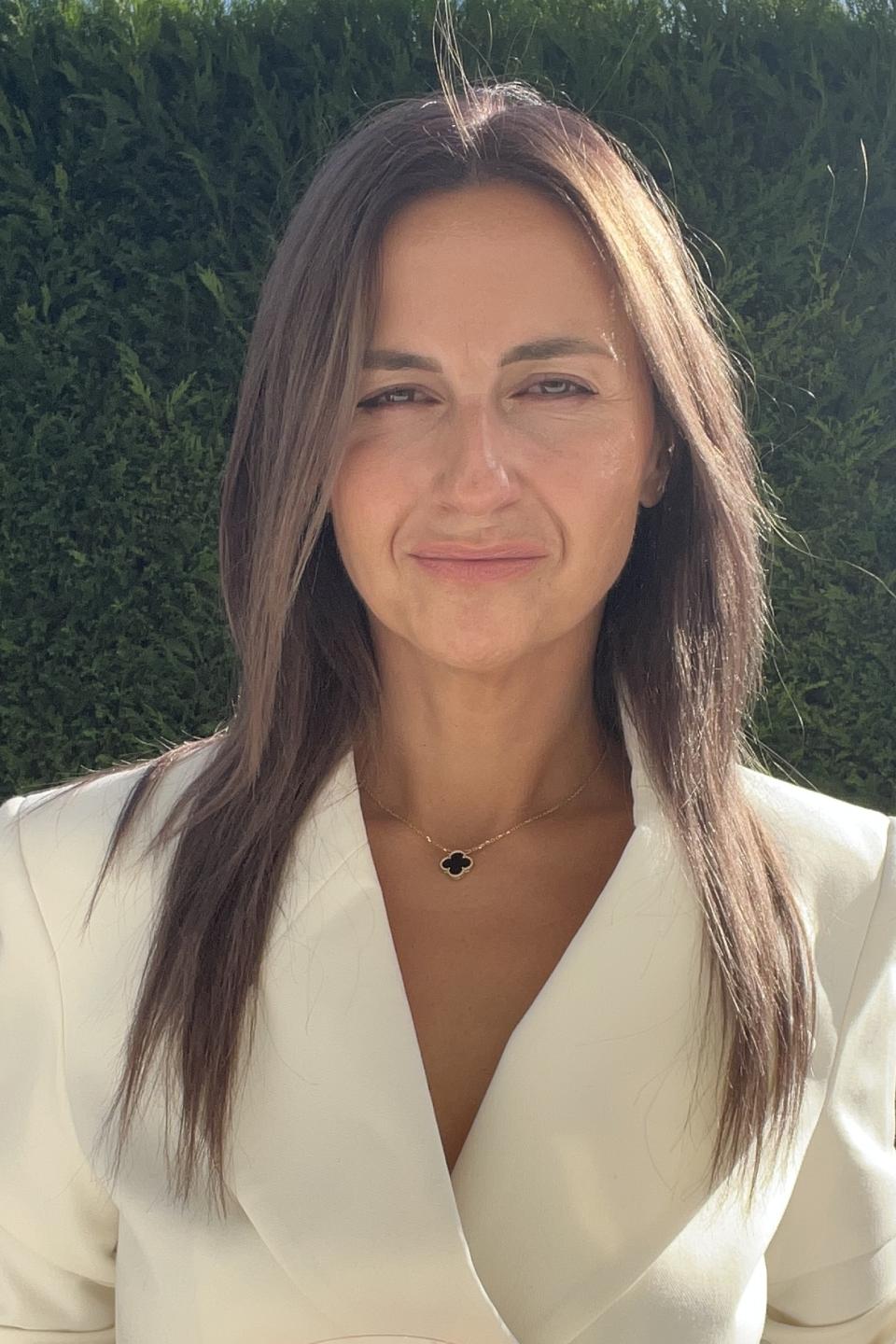
J. Keiler
Strafrecht en Criminologie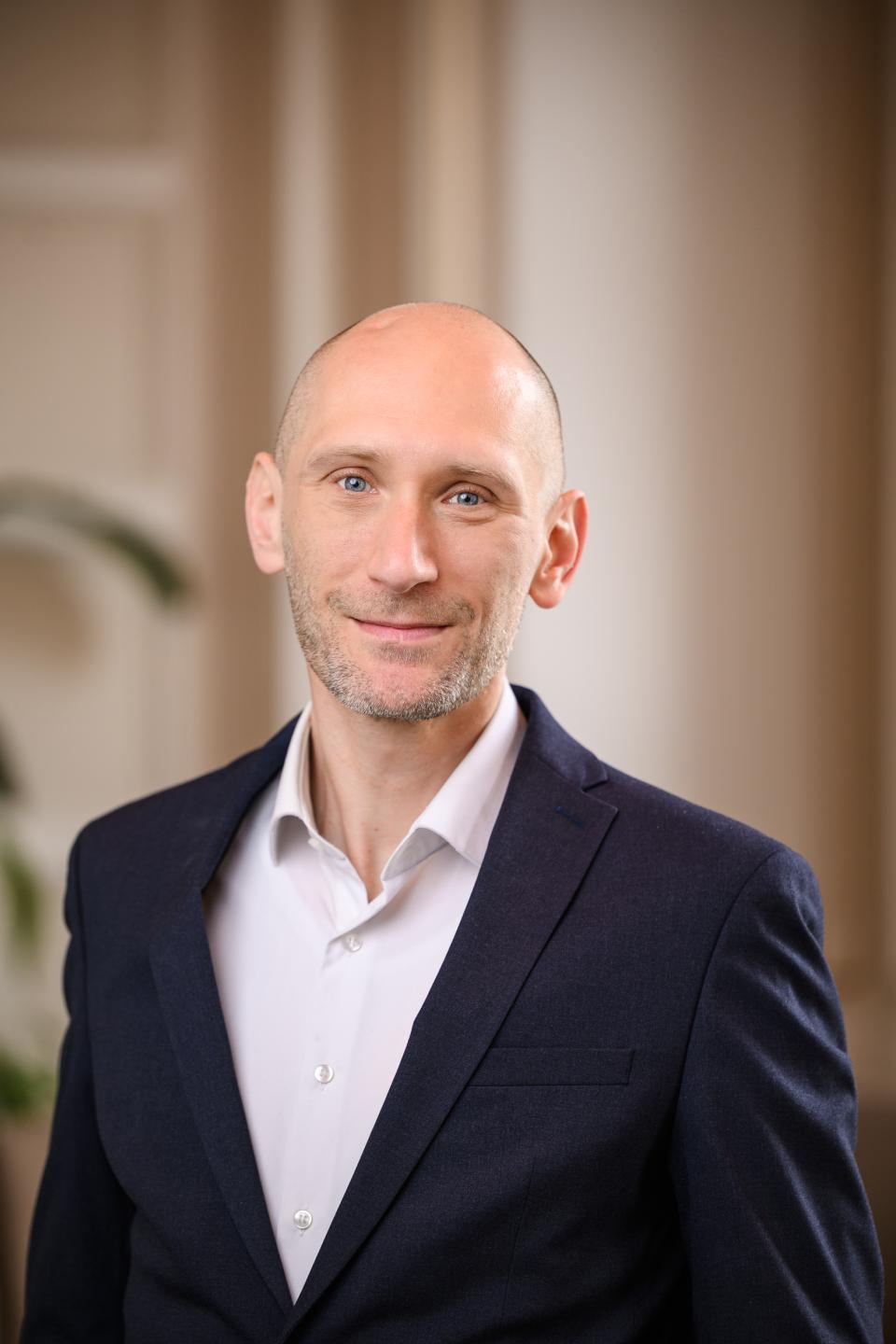
H. Jerônimo Bezerra Marcos
Grondslagen en methoden van het recht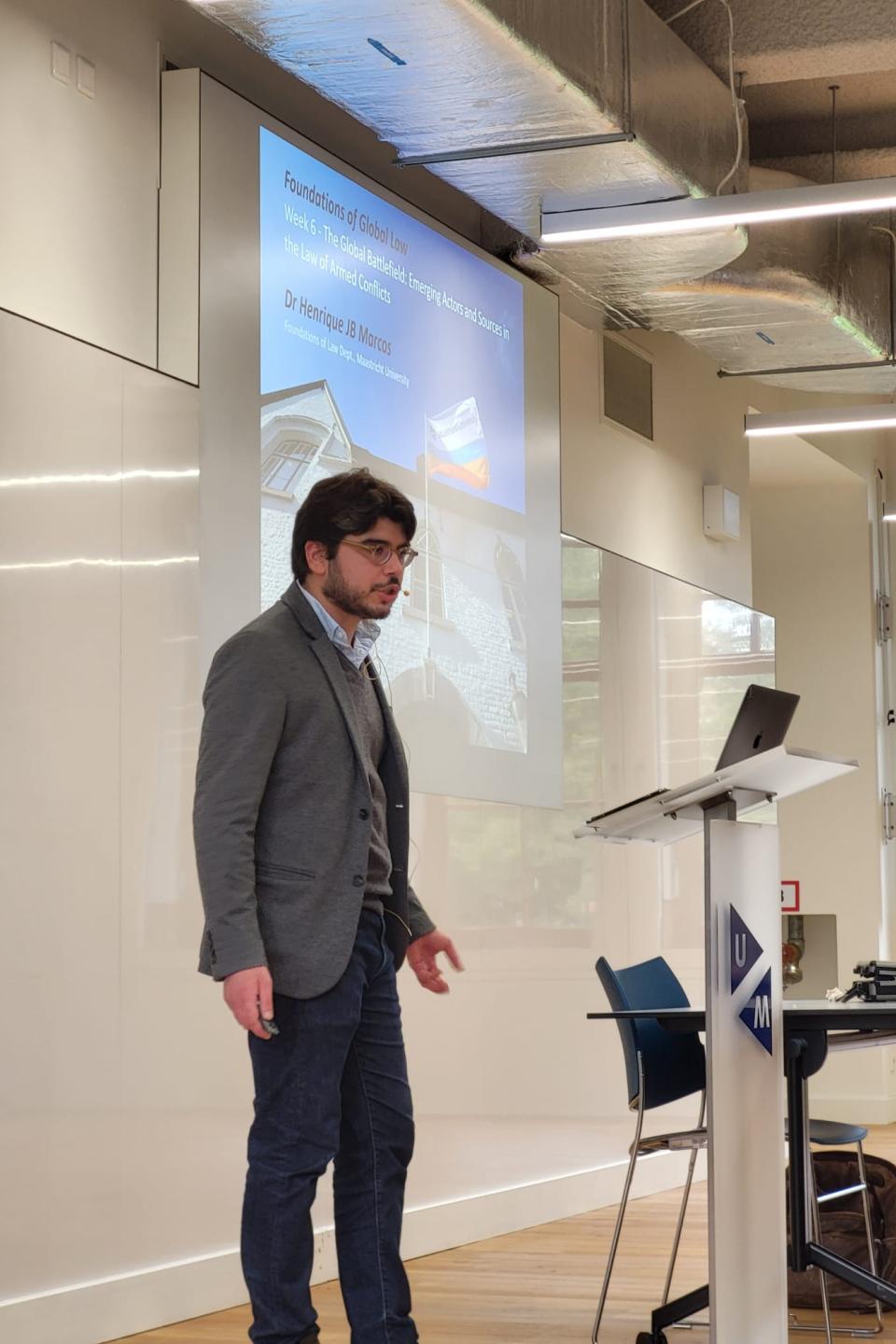
M. Maroni
Publiekrecht
A. Nunes Chaib
Grondslagen en methoden van het recht
R.A. Ott
European Law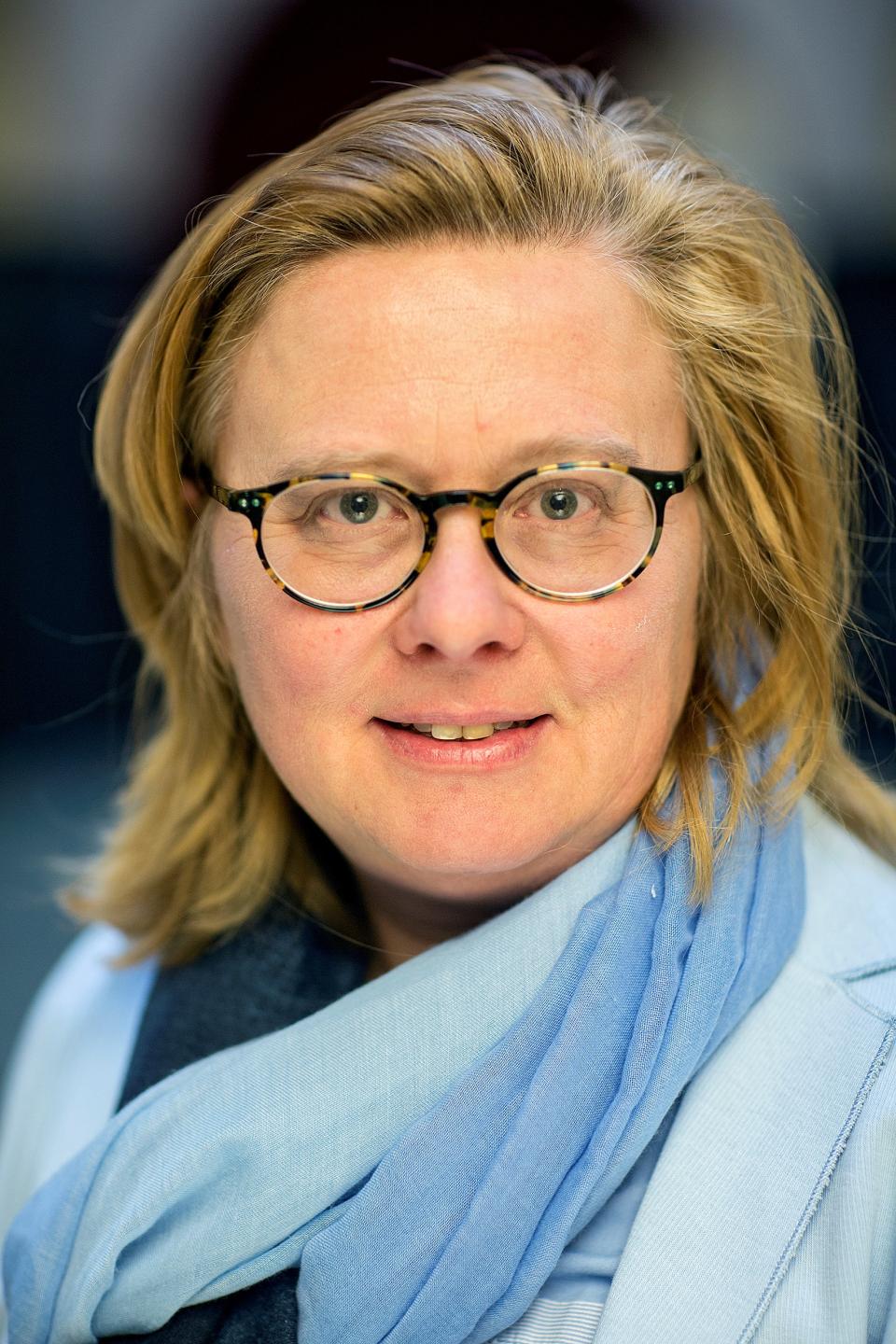
F. Peirone
PubliekrechtM. Pertegás Sender
PrivaatrechtM. Peeters
European Law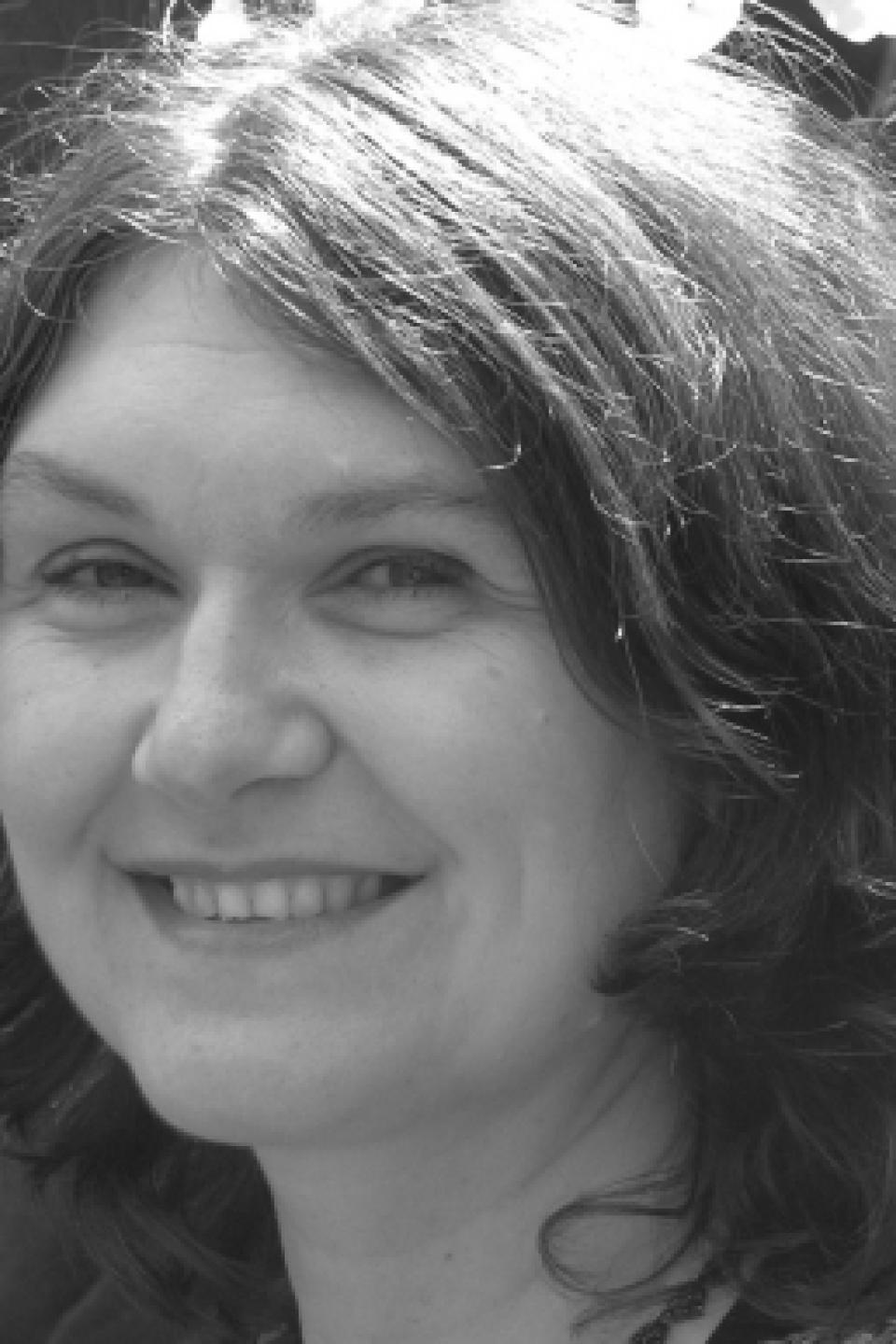
Riordan
Publiekrecht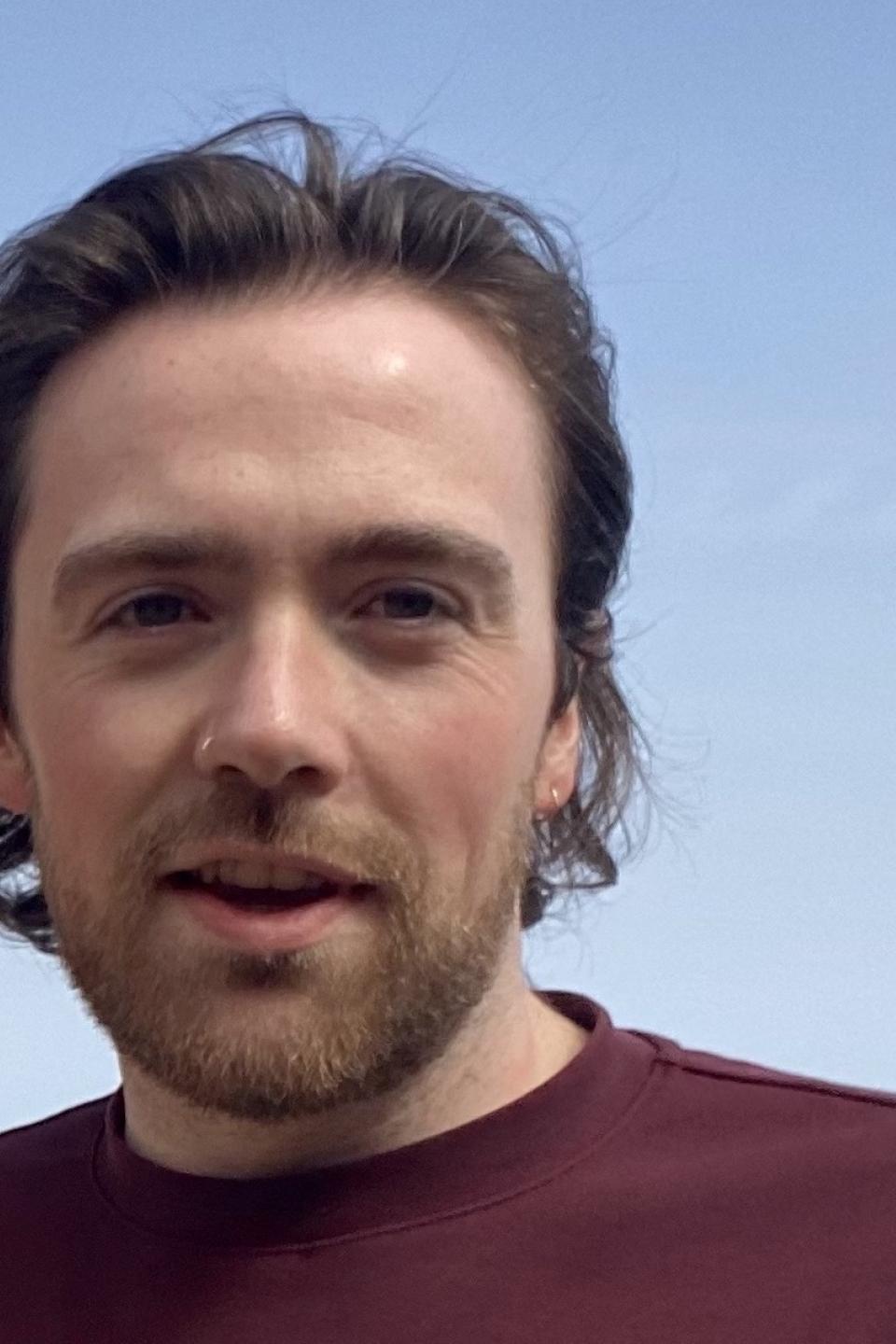
F. Ristuccia
European Law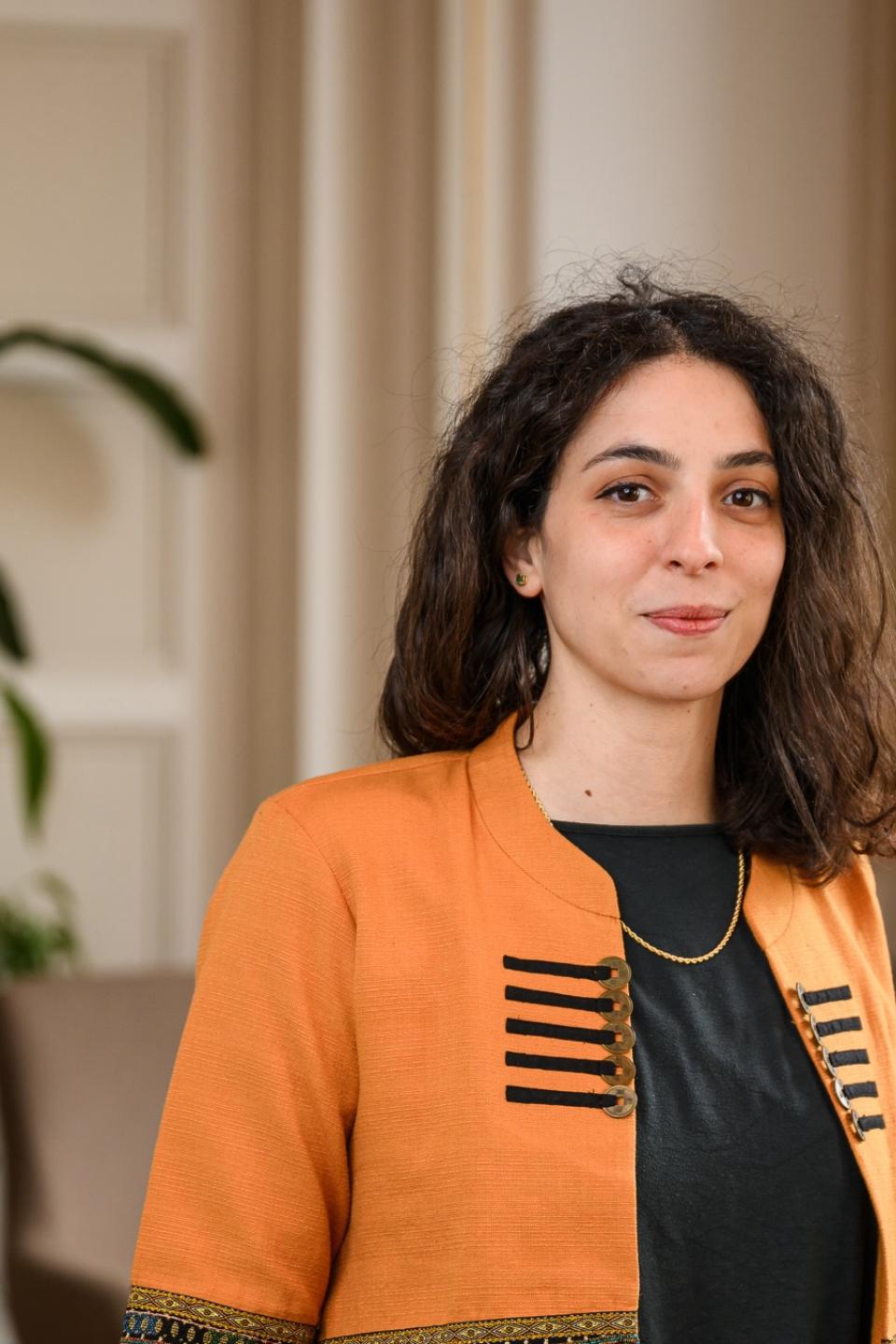
M. van der Sluis
Publiekrecht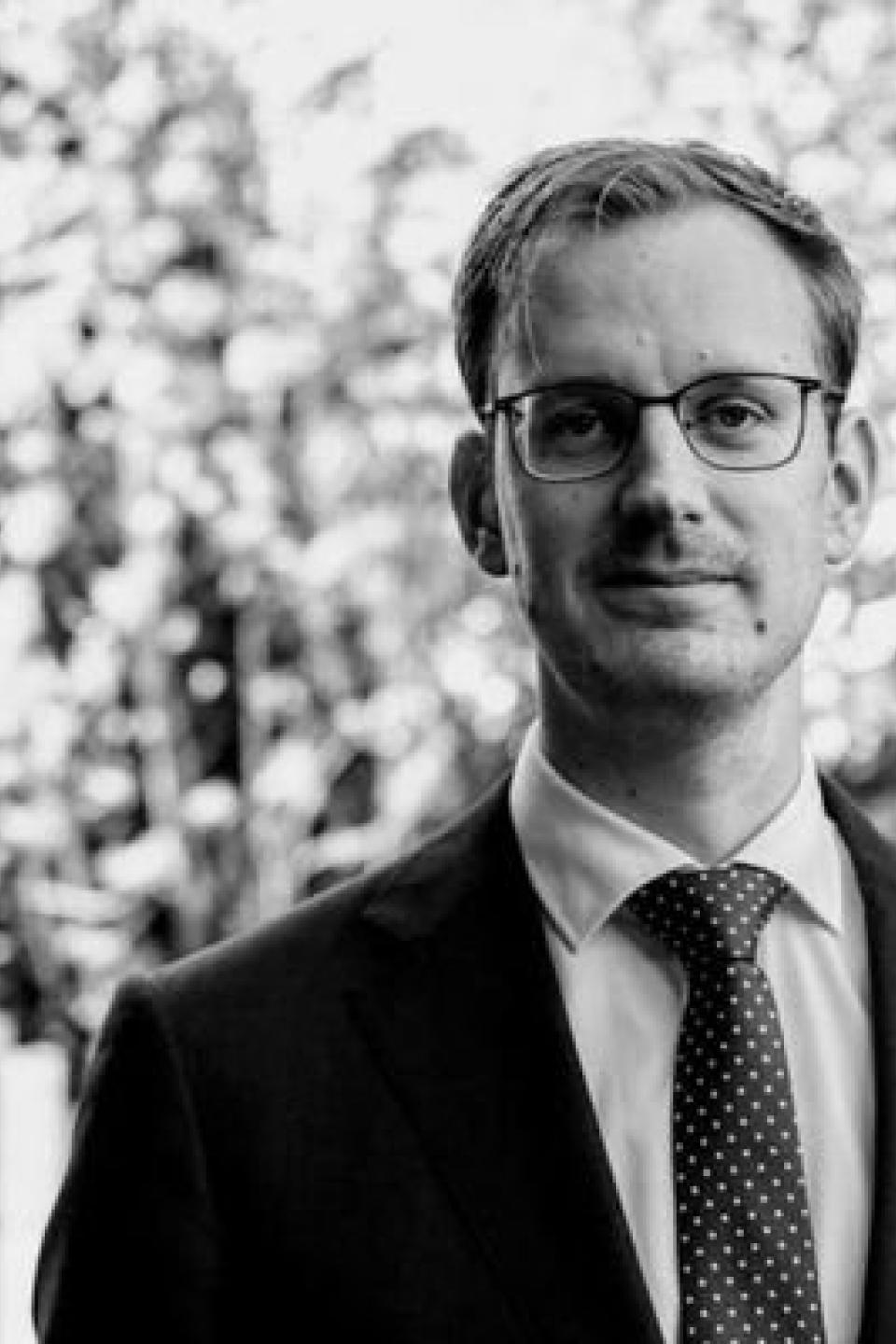
S.N. Tas
Publiekrecht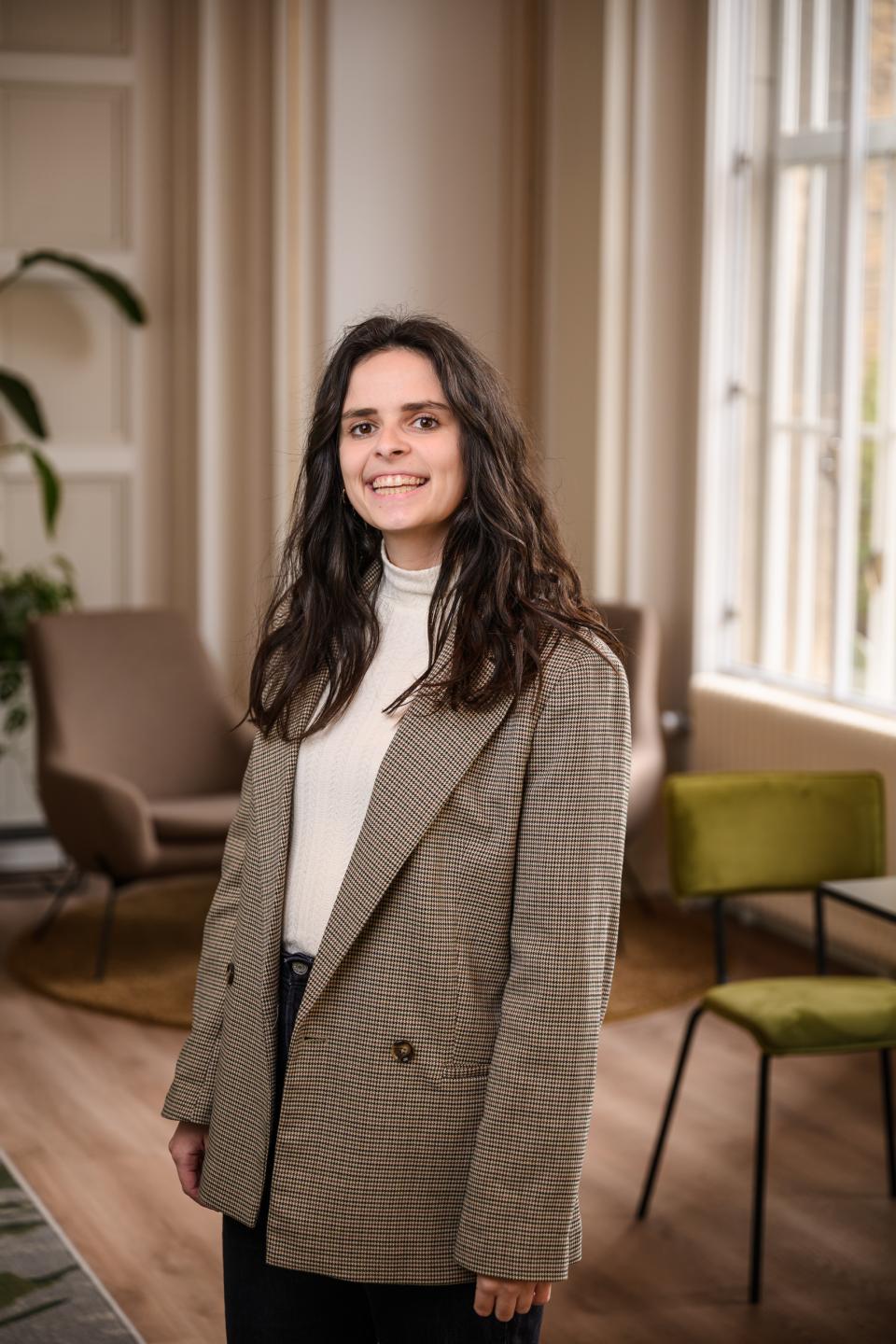
G.T. Traverso
Privaatrecht
E.I.L. Vos
European Law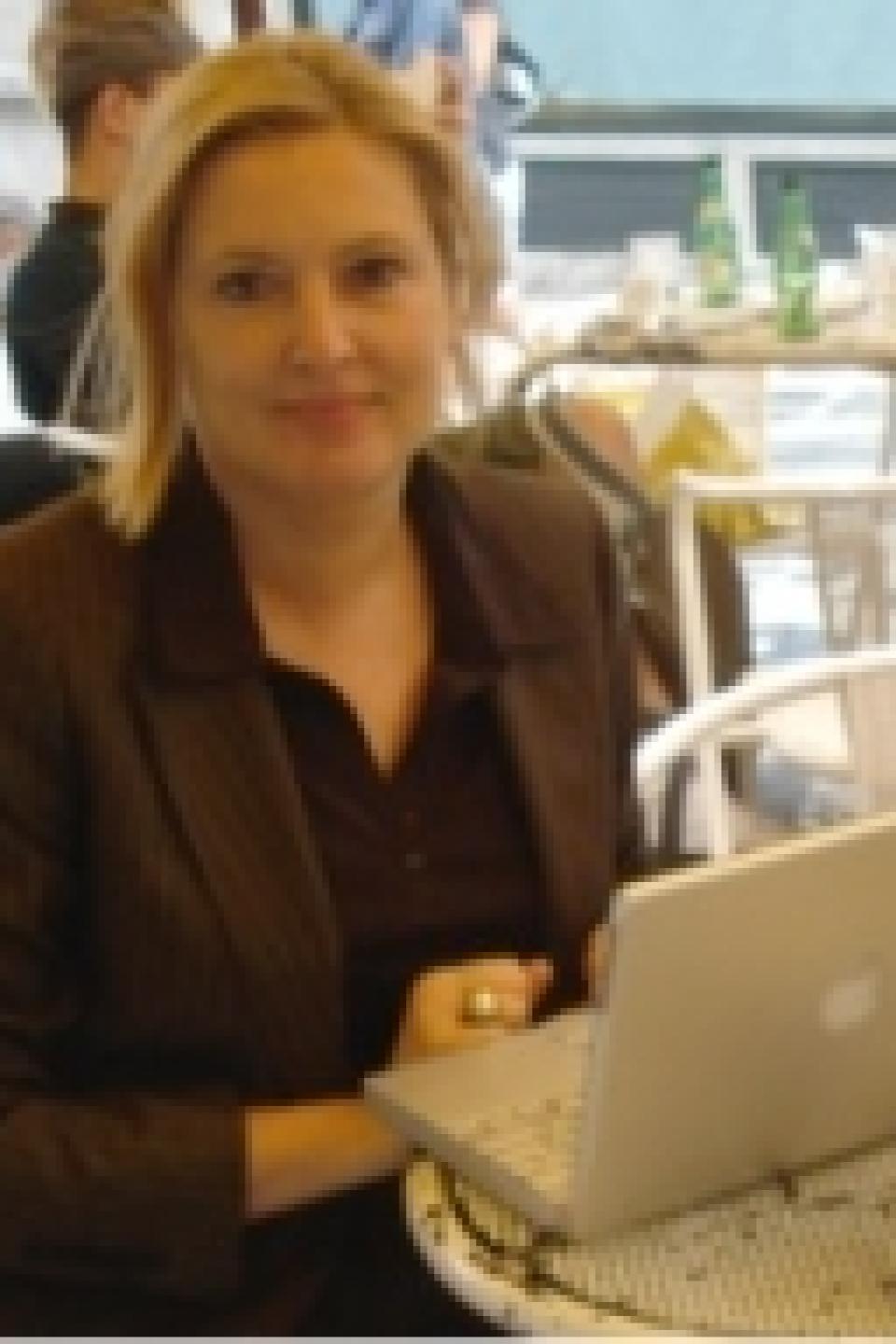
A.M. Waltermann
Grondslagen en methoden van het recht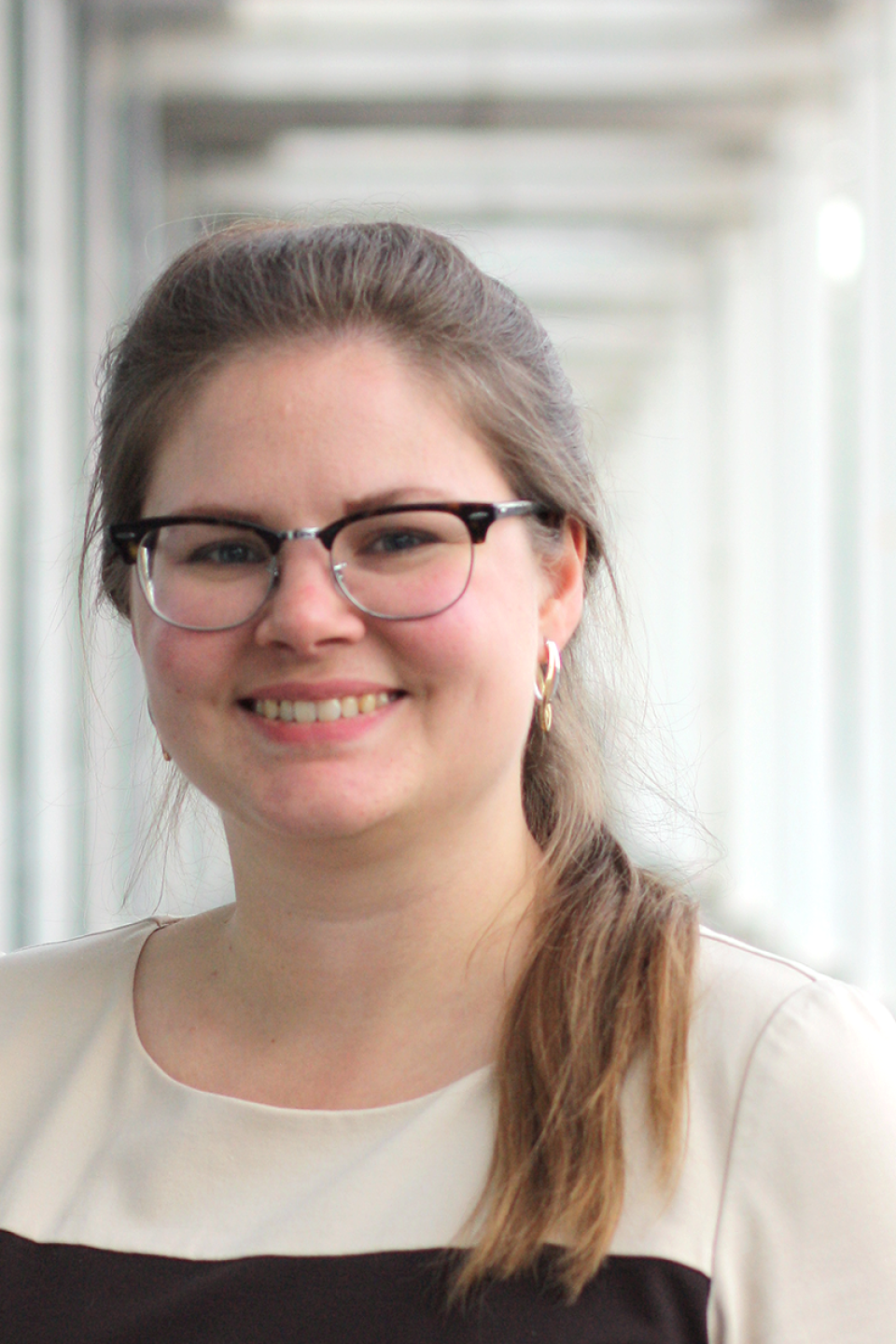
Associate Fellows
Javier García Olmedo
Dr. Javier García Olmedo is a Lecturer at Queen Mary University of London, where he teaches the distance learning LLM on international dispute resolution. He is also a postdoctoral researcher at the Faculty of Law of the University of Luxembourg. Previously, he was a Research Fellow at the Max Planck Institute Luxembourg and has acted as a consultant for sovereign States and commercial entities in numerous arbitrations governed by the ICSID, PCA, UNCITRAL, and ICC rules. His main research focuses on the role of the nationality of investors in the fields of diplomatic protection and investor-State arbitration, with a focus on the practice of nationality planning and its implications for international investment law and policy. His research also examines areas of interaction between international rules and policies on tax and investment.
Jannika Jahn
Dr. Jannika Jahn (LL.B. London) is a senior research fellow at the Max Planck Institute for Comparative Law and International Public Law where she works on her habilitation project. Her areas of research are comparative constitutional law and theory, international and European human rights, climate protection law and the growing transnational regulation of multinational companies. Her dissertation on “The media publicity of the judiciary and its limits” was awarded the Ruprecht-Karls prize by the Heidelberg University Foundation. Her legal education took her to the University College London and the University of Cologne, where she obtained a Bachelor of Laws and passed her first state exam. She completed her legal clerkship with stations at the European Court of Justice and the Ministry of Economics in Berlin. Before joining the Max Planck Institute, she worked at an international law firm.
Andrés Delgado Casteleiro
Andrés Delgado Casteleiro is an Assistant Professor of Law at Chile’s Autonomous University. Previously, he was a Senior Research Fellow at the Max Planck Institute for Procedural Law in Luxembourg and a Lecturer at Durham University (United Kingdom) where he also co-directed its European Law Institute. He has a PhD and a Master of Research in International, Comparative and European Law from the European University Institute (Florence), and a Law degree from Universidad Carlos III de Madrid. His main research interests are EU External Relations Law, Latin American Integration Law, International Economic Law, International Investment Law and International Dispute Settlement.
1. Study programme information
Learn more about our programmes and the courses we offer.
2. Studying at Maastricht University
For more information about studying in Maastricht go to:
or check out the website of the Student Services Centre.
Welcome to the FASoS Bachelor's Community
3. Online personal appointment
If you still have any questions or would like to have a one-on-one chat with one of our recruiters, you are welcome to set up a Skype call!
For an online Virtual Personal Appointment or other questions you can send an email to info-fasos@maastrichtuniversity.nl.
4. Problem-Based Learning
Problem-Based Learning (PBL) offers you a different way of learning from traditional university education. You work in small tutorial groups, engage in hands-on training and attend (far) fewer lectures. Under the supervision of a tutor, you team up with ten to fifteen students to tackle real-life challenges. PBL is an active way of learning that gives you better retention of knowledge, enhances your motivation and encourages you to develop skills that are essential for the labour market in the 21st century. In short: PBL is all about you, your tutors are very approachable and you learn together in a dynamic way, helping form you into an assertive professional.
Watch these two videos to see how PBL works at Maastricht University.
5. Bachelor's Open Day/Campus tour
Find out more about one of the most international universities in Europe, experience our unique approach to teaching, immerse yourself in your programme of choice, and explore our beautiful city. The next Bachelor's Open Day is on Saturday 8 November 2025. You can also take a look at our interactive Maastricht University Campus tour.
There are currently no upcoming campus tours scheduled. Please check back soon—we'll update this page as soon as new dates are announced.
6. Experience Days
Experience Days are intended for pre-university grammar school students in their last year of study who preferably have visited an Open Day at the Faculty of Arts and Social Sciences in Maastricht.
There are currently no upcoming Experience Days scheduled. Please check back soon—we'll update this page as soon as new dates are announced.
7. Online Q&A Sessions
During these live Instagram Q&A sessions you will be able to talk to our student ambassadors.
You will be able to ask all your questions regarding:
- the programme content
- the application and admission procedure
- what it is like to study the programme of your choice in Maastricht and much more
You are welcome to join the sessions on Instagram.
There are currently no upcoming live sessions scheduled. Please check back soon—we'll update this page as soon as new dates are announced.
1. Virtual Experience Day
As an alternative for our on-site Experience Days in Maastricht, you can join one of our Virtual Experience Days. As a student for a day, you'll watch a lecture and take part in a tutorial group session. There is also time for Q&A's with students and teachers, a practical training and a live campus tour on Instagram.
2. Webinars and Q&A's
UM live sessions
Maastricht University (UM) offers one-hour live sessions about topics that are interesting for prospective students.
Watch our previous webinar UM admissions - the ultimate roadmap
How to get into studying at Maastricht University? Before or after you choose a bachelor's programme, make sure to check the admission requirements. Learn about deadlines, selection procedures, matching and more from our experts and current students.
Q&A's student ambassadors
Our student ambassadors are regularly going live on Instagram. They will tell you among other things about their study week, how they are experiencing their bachelor's and student life in Maastrict and what kind of subjects you'll get in your first year. And if you have questions for them, they will answer them as well.
Stay up-to-date about these and future Instagram live sessions, by following the bachelor student ambassadors on Instagram:
bachelor's in Biomedical Sciences: @extramile_eleonora
bachelor Gezondheidswetenschappen: @extramile_lotte
bachelor's in European Public Health: @extramile_takumi
bachelor's in Medicine: @extramile_simone
bachelor's International Track in Medicine: @extramile_nakhari

3. UM Campus Tour
We offer a tailor-made UM Campus Tour for future students who plan to start their studies in September 2021. You'll check out the city of Maastricht and the health campus together with a student ambassador.
You can choose from the following:
a bike tour through Maastricht, followed by a health campus tour (circa 2 hours, we'll arrange a bike if necessary)
only the health campus tour (circa 50 minutes)
a Zoom meeting to ask your questions (circa 50 minutes)
Sign up now!

4. Bachelor's Open Day
The next edition of our Bachelor’s Open Day, scheduled for Saturday, 6 November 2021, may be face-to-face at our university again. If not, we will resort to our tried-and-true digital platform. It offers programme presentation videos, campus tours, live Q&As and other events.
Sign up for a reminder and we'll keep you posted.
5. Virtual Open Day
To give everyone the opportunity to visit us we have created a Virtual Open Day that is open 24/7. This virtual experience helps you on your way as you prepare for your student career. Watch the videos to see what makes our health-related bachelor’s programmes stand out and how they differ from each other. To get a feel of the atmosphere on campus, take the virtual 360-degree tour.
Choose the study programme(s) you want to explore:
If you are (also) looking for another kind of information, such as living in Maastricht or finances or registration, you can build your personal Virtual Open Day experience.

7. Online one-on-one appointment
If you still have questions and would like to have a one-on-one chat with one of our students or recruiters, we can arrange a Skype or Zoom call for you!
If you would like to set up a Skype or Zoom call, please let us know via study-fhml@maastrichtuniversity.nl You can use this email address for any other question as well.
First, consider again the intended learning outcomes of your course: what should your students know as they have finished your course. This will often be a combination of knowledge and skills. It helps to make these outcomes explicit, as they may determine many decisions later on.
Then list for yourself the various ways in which these outcomes can be assessed. Reflect on the arguments for the assessment method in your course. Which of these arguments can be realized with online assessment? We are not suggesting that regardless of the circumstances, any method is possible. Online assessment for large groups is a challenge, and may leave only very few options open. More in a short overview of common formats of assessment and their online application.
This may be a good moment to read up on constructive alignment, the way your assessment is related to the intended learning outcomes of your course, and the format of learning and teaching that you have chosen. For a lot of information and recommendations, visit the EDLAB website on the topic.
Lastly, think of the various aspects that define the way of learning and teaching in your course. Which particular activities do you intend to encourage? Critical reading, collaboration, taking initiative, experimentation, providing feedback, problem solving – which elements are most important for you? We encourage you to look for formats that include dimensions of learning that are typical for UM. Fortunately, the various tools available facilitate collaboration in larger and smaller teams, as well as sharing information in the form of lectures and presentations, and of course reading material and links to relevant websites.
Questions?
If you need help creating online lectures or tutorial meetings, please can contact our helpdesk via email. It’s open seven days a week from 10.00 - 22.00 hrs.
Considering these items will help you determine your priorities when you make the transition to an online format for your course, and help you identify what can be retained from the current course design, and which online tools will be relevant.
In many cases, it is likely that the basic structure of your course, and the texts or tasks you are using now, can still be used if you switch to an online approach. Group work can be conducted online, in smaller or larger groups, but you can also decide to let either one or even both take place in the form of an ‘asynchronous’ discussion, where students interact by responding to each other in writing, very much like a chat in social media. As coordinator or tutor you can follow and participate in these threads of conversation, ask questions and provide feedback.
Please note!
Your students have limited to no access to printers! Don’t ask student to submit work in hard copy, nor give them assignments that require them to print documents. For feedback and marking purposes, recommend your students to submit their work in formats that allow for easy commenting and ‘track changes’, such as Word.
Which tools fit your course design?
The Maastricht University Library has developed a tool for identifying online tools that fit the design of your course. The Tool Wheel helps you find tools and provides information about how they work, and where they can be found. Many of these tools are available through EleUM, so readily at your disposal.
Further reading
There are many resources available online about e-learning and online education. Here is a small selection that you may find helpful:
To help you with your first steps teaching online, have a look at this introduction: How to be a better online teacher. Many organisations are currently struggling with the question of how to move their education online in a hurry. In Dutch, under Surf Communities.
